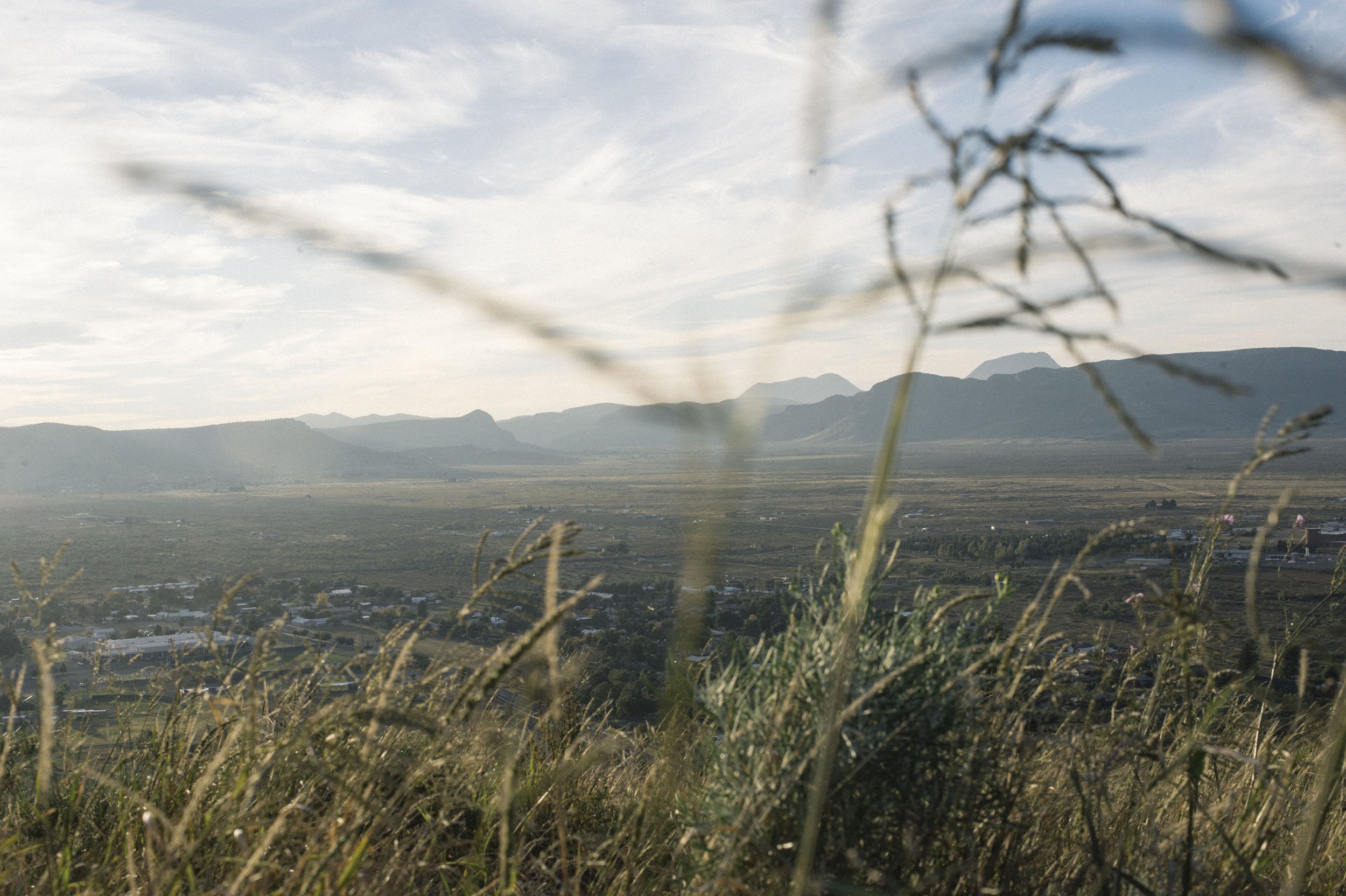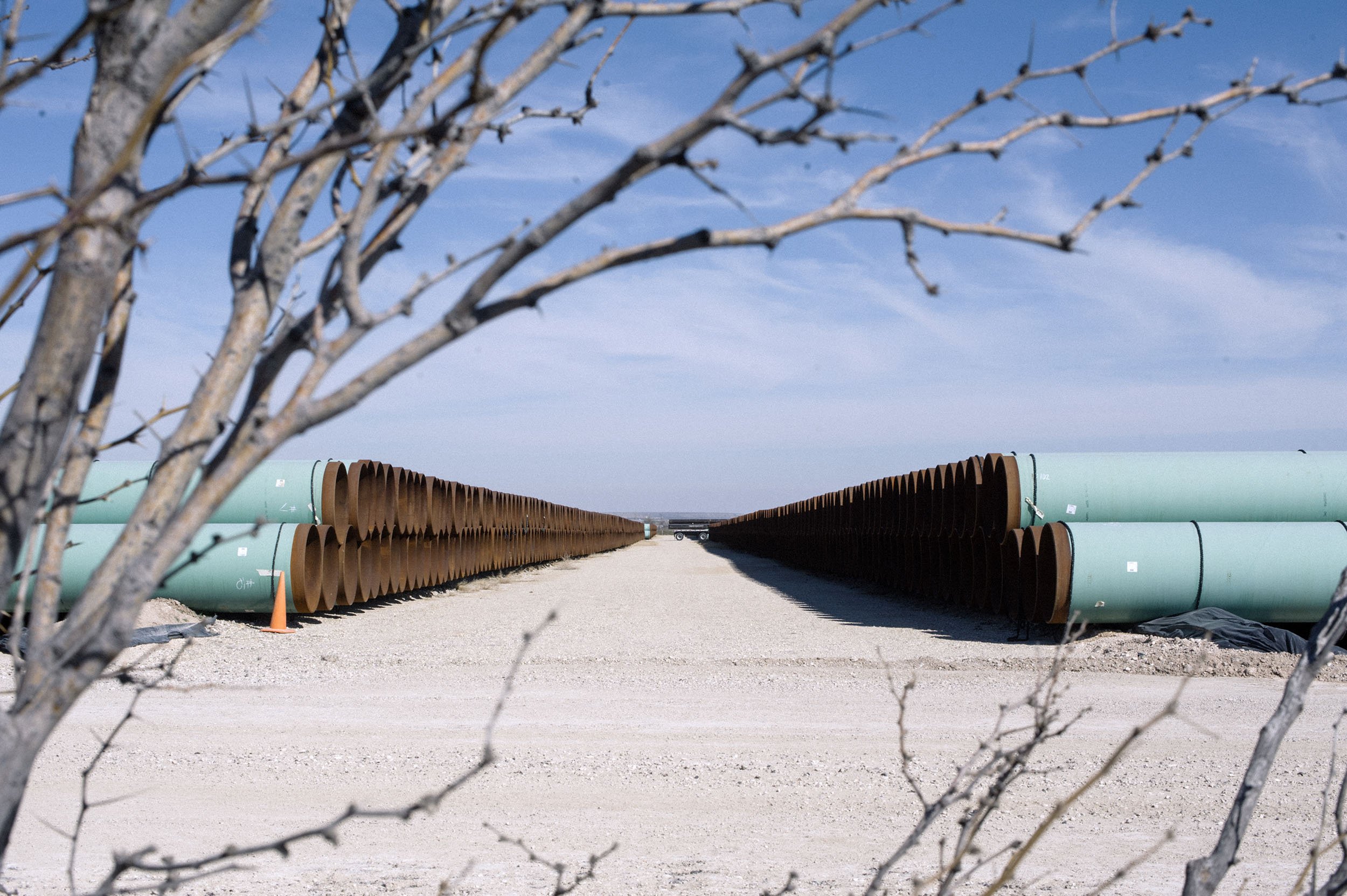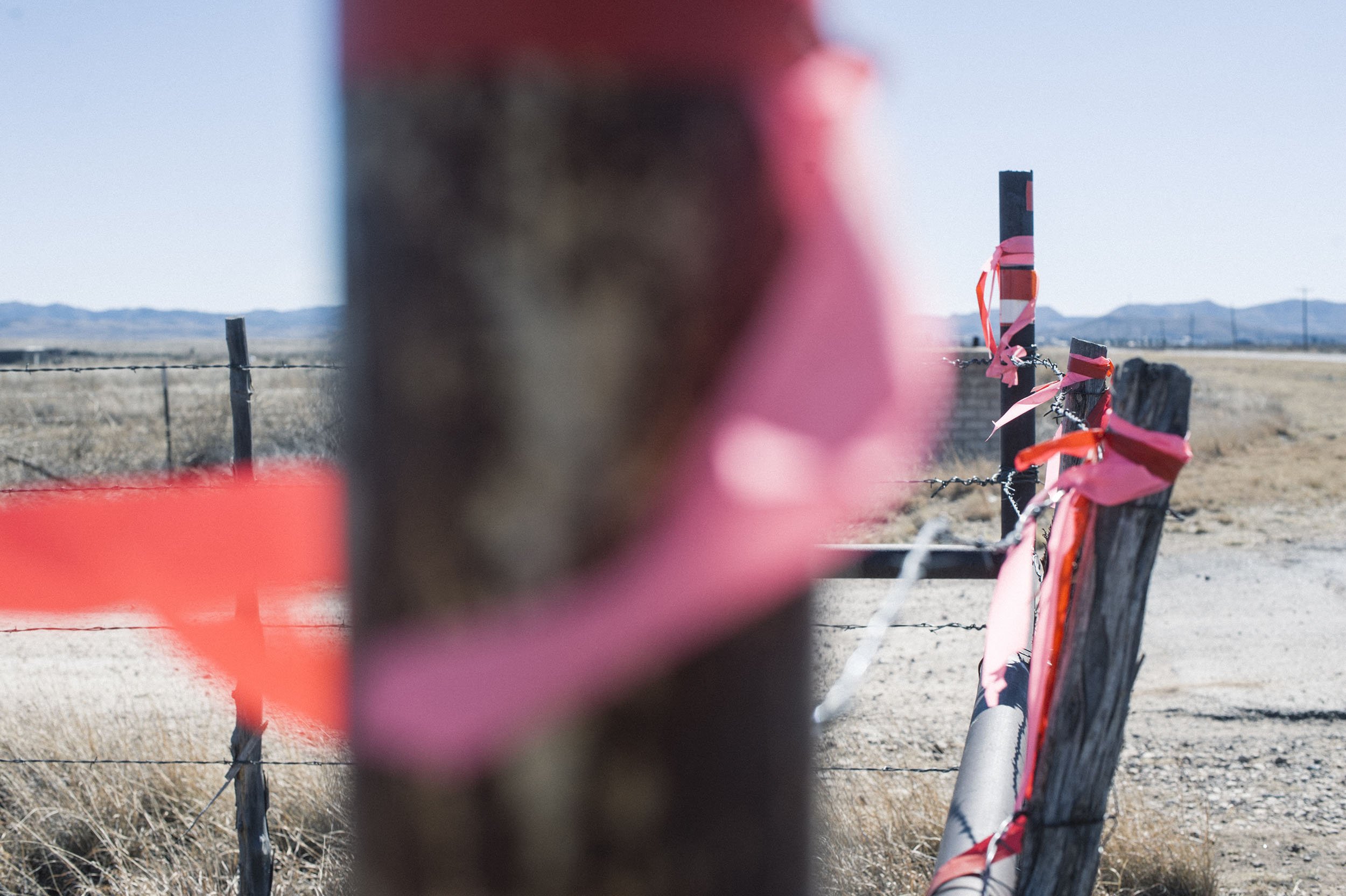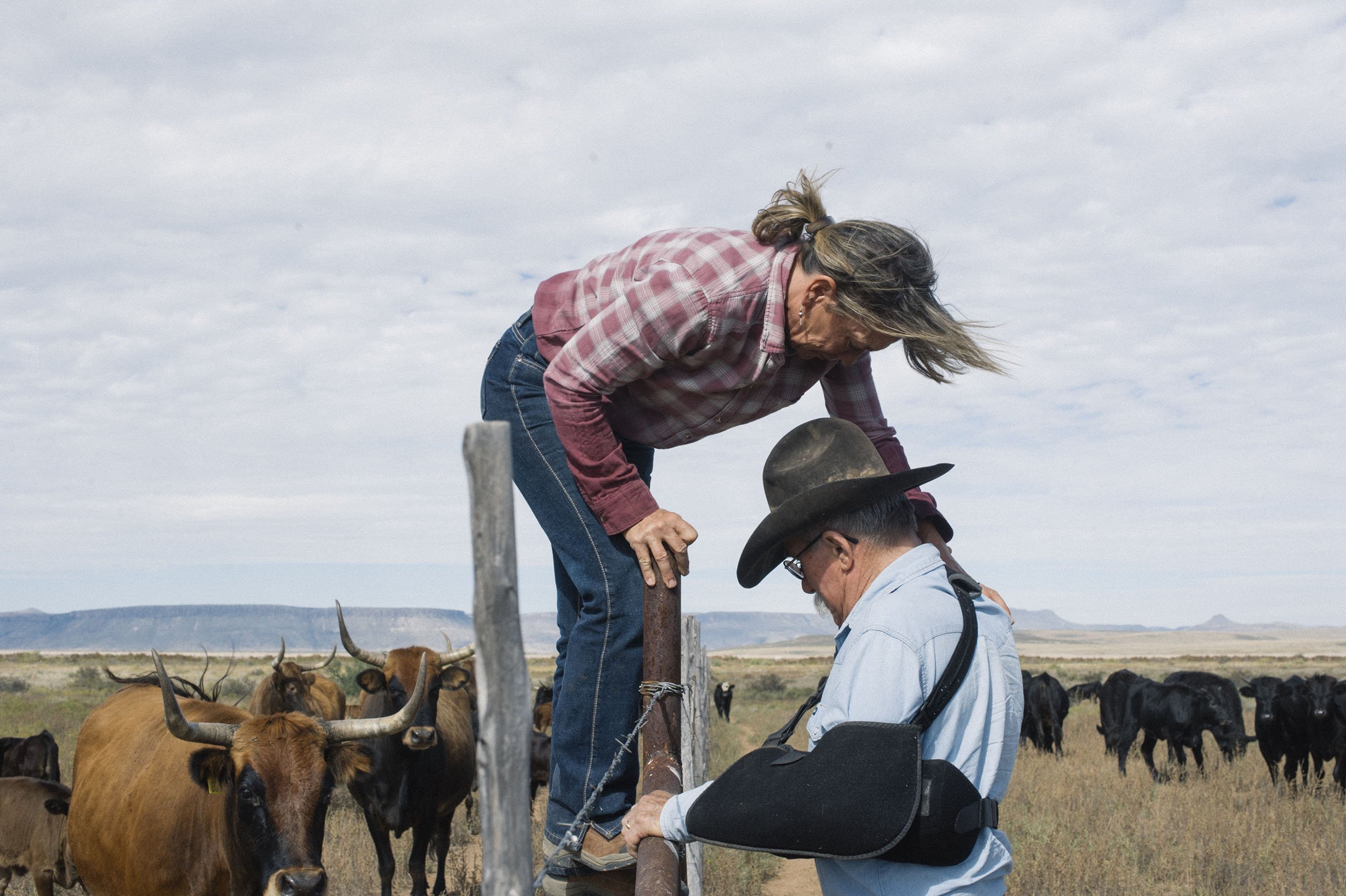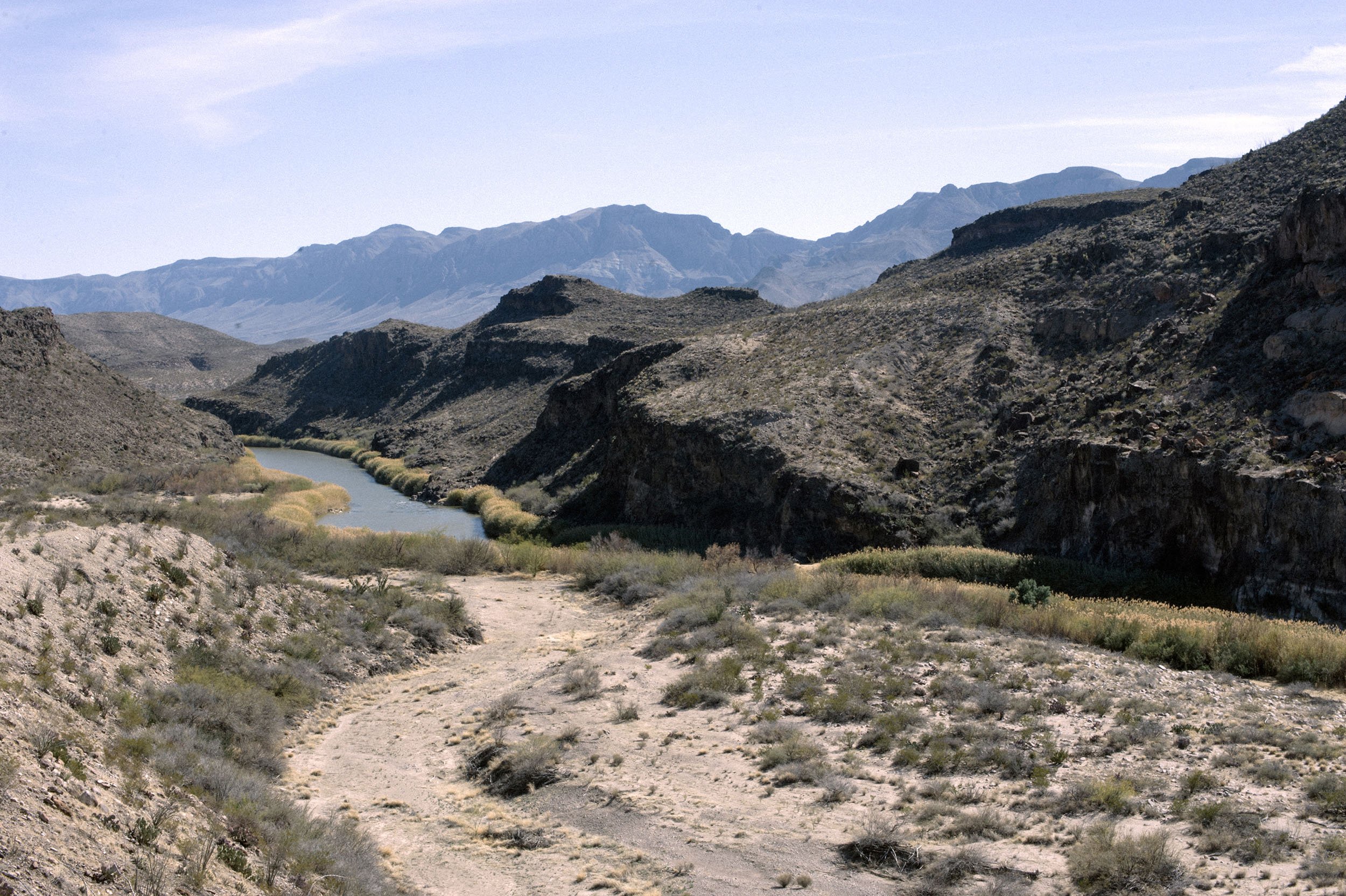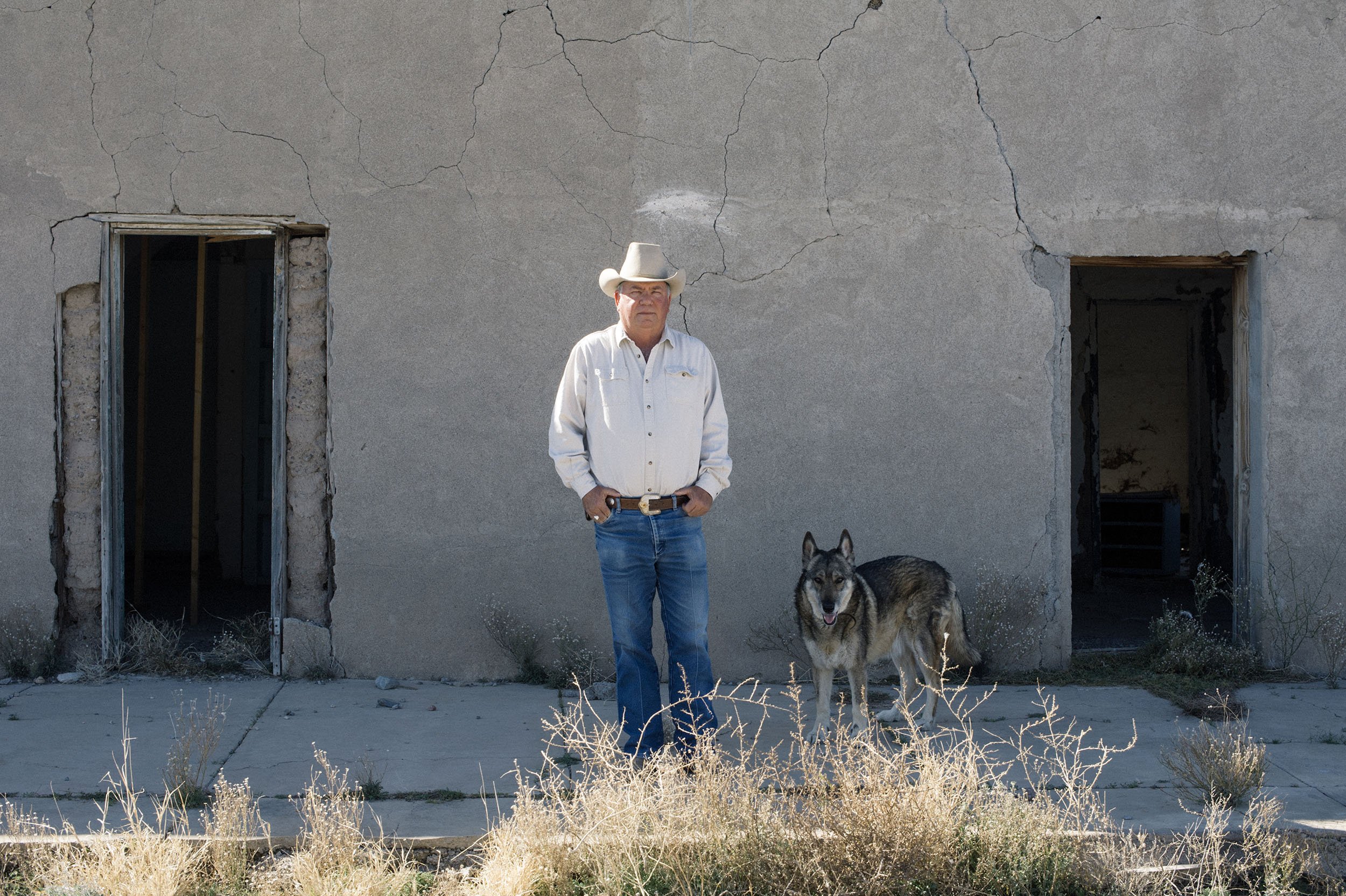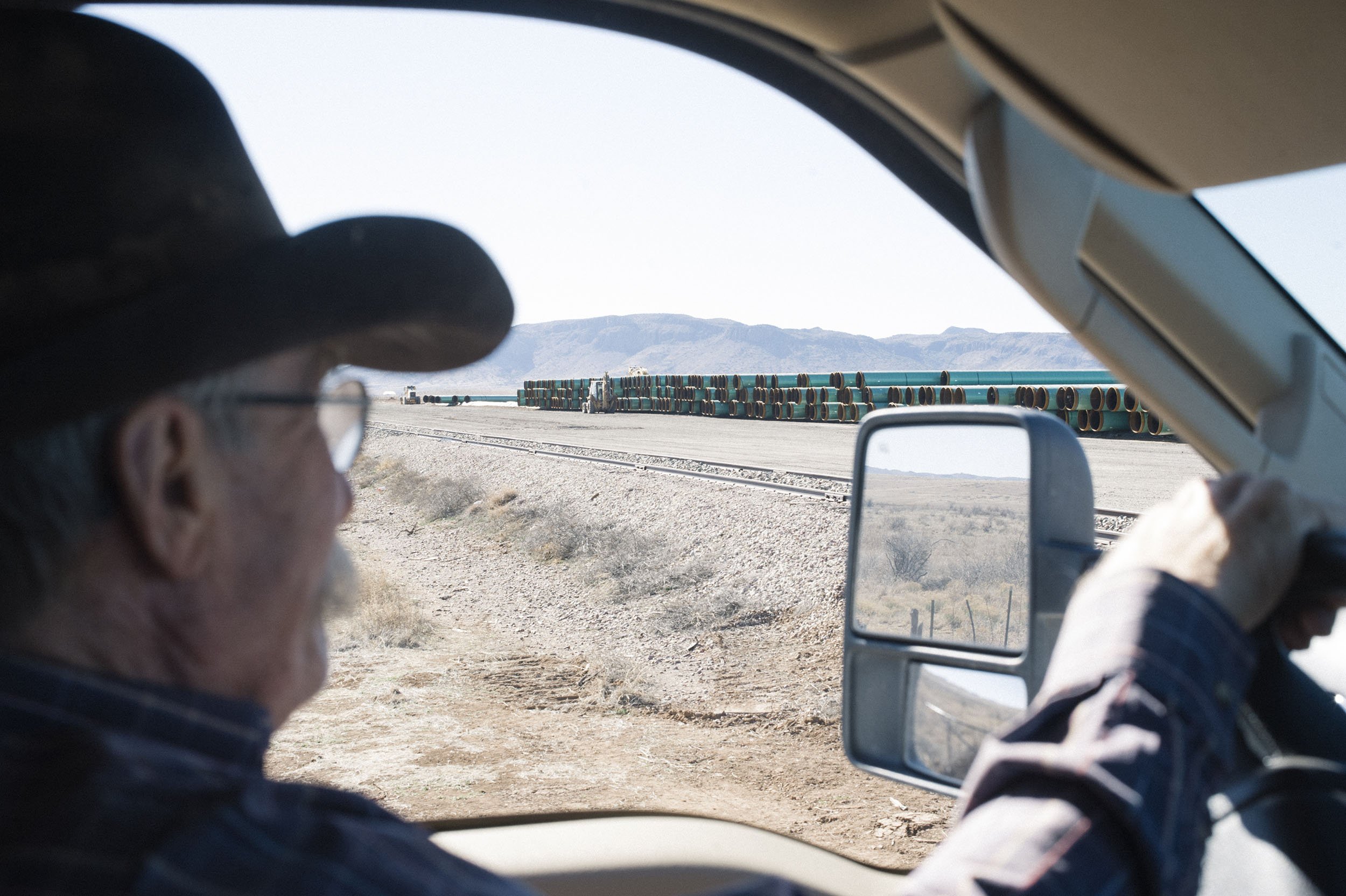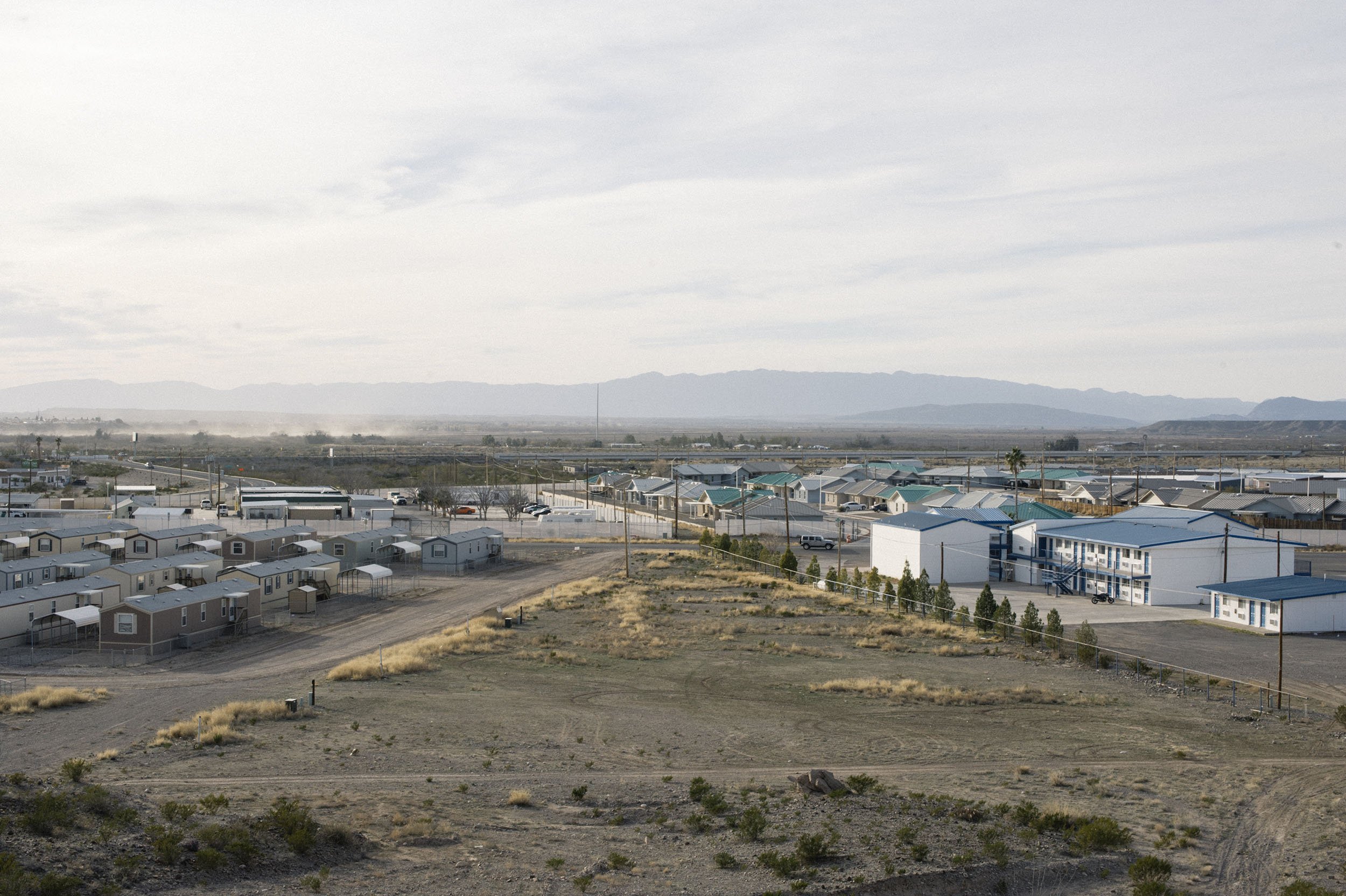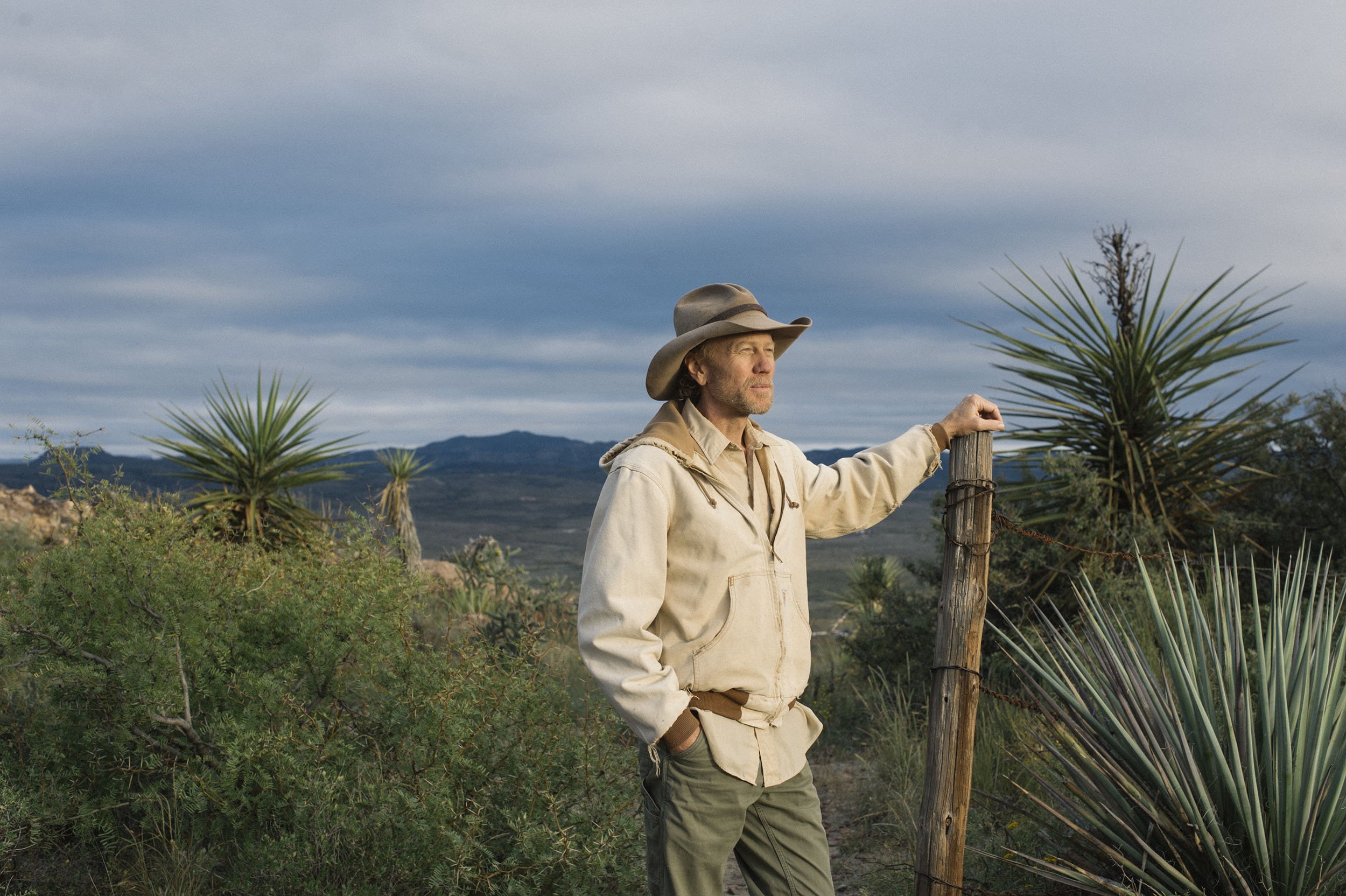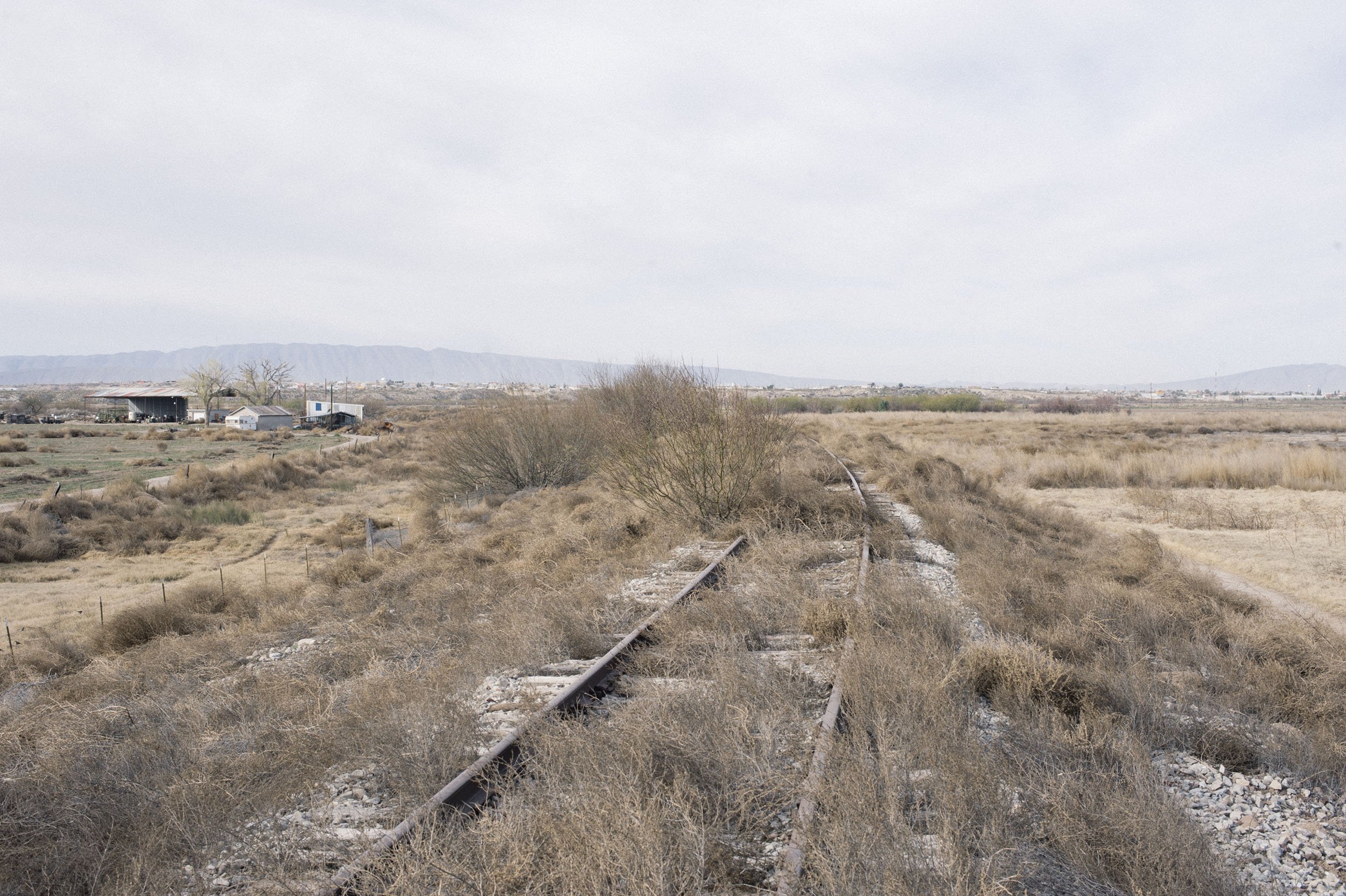AVOID DENY DEFEND
American police departments, teachers, and civilians are turning to private training organizations that specialize in military combat techniques, as they prepare for the possibility of active shooter attack. Nearly 20 years since the Columbine High School shooting, the annual rate of active shooter attacks in the United States has tripled, with mass shootings in Las Vegas, Parkland, Florida, and Sutherland Springs, Texas, claiming more victims than ever before.
Published with: NBC Left Field, The Washington Post, WIRED, The Guardian, Newsweek, TOPIC, Columbia Journalism Review, Harper’s. Supported by: The Pulitzer Center on Crisis Reporting,

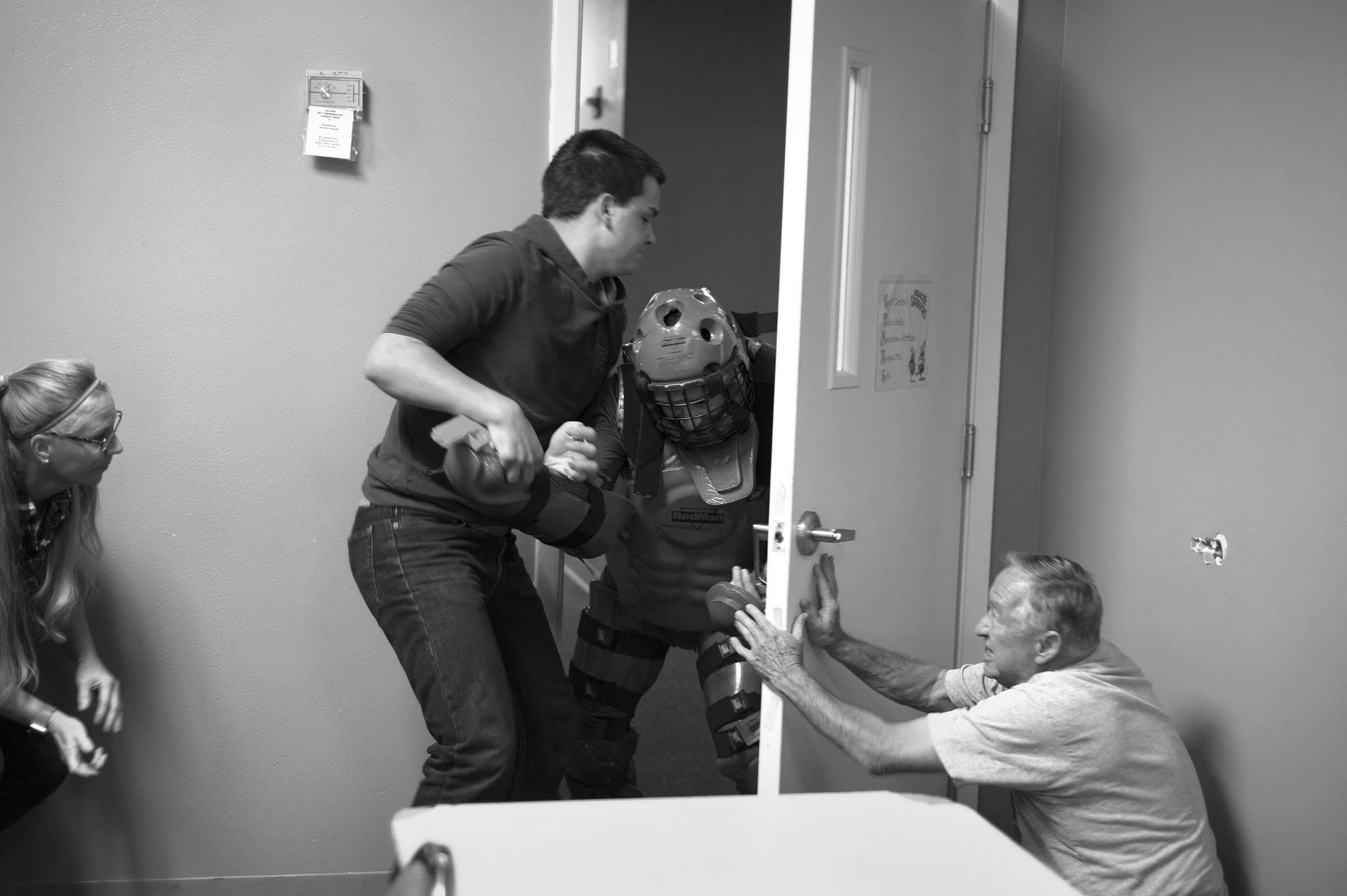
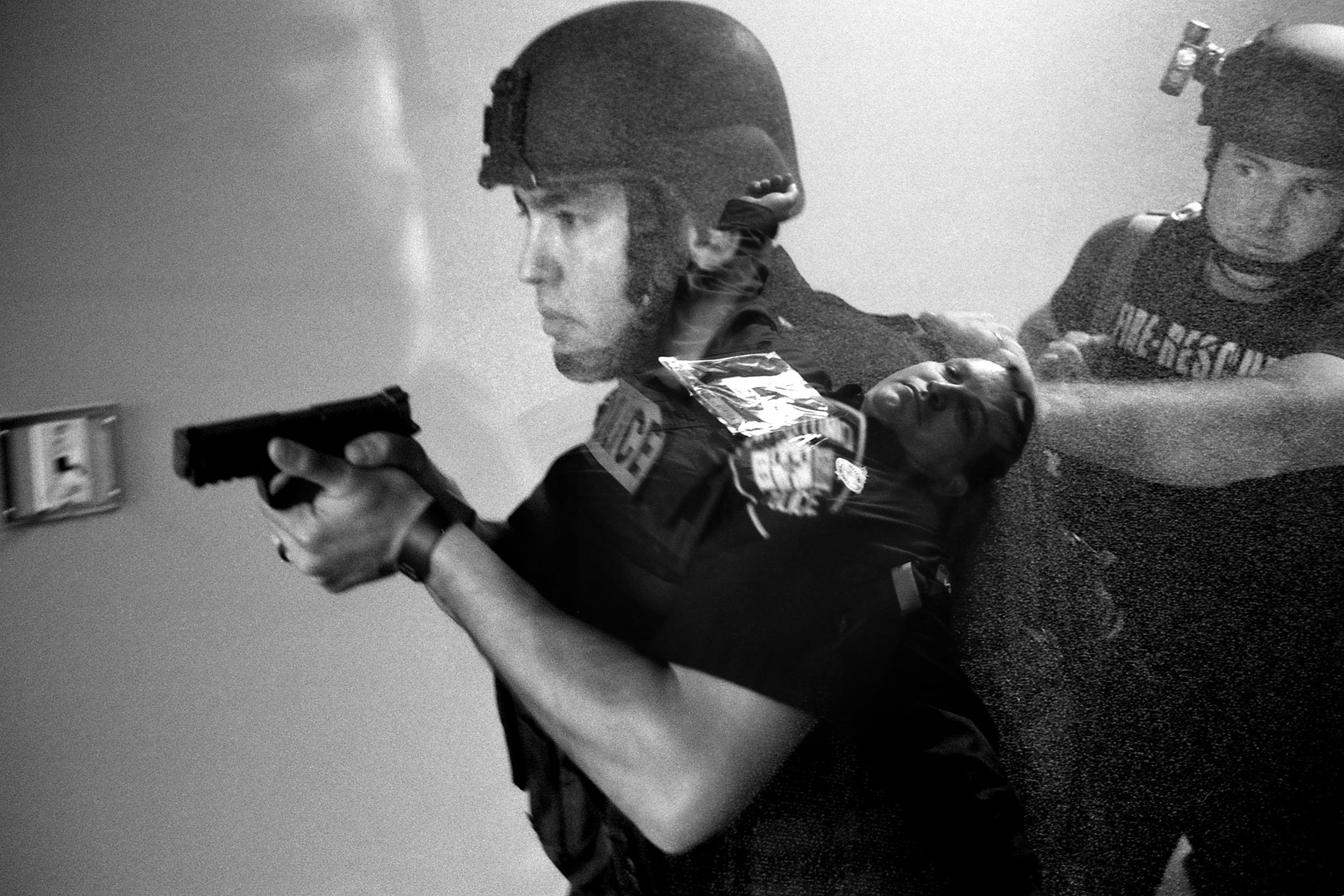
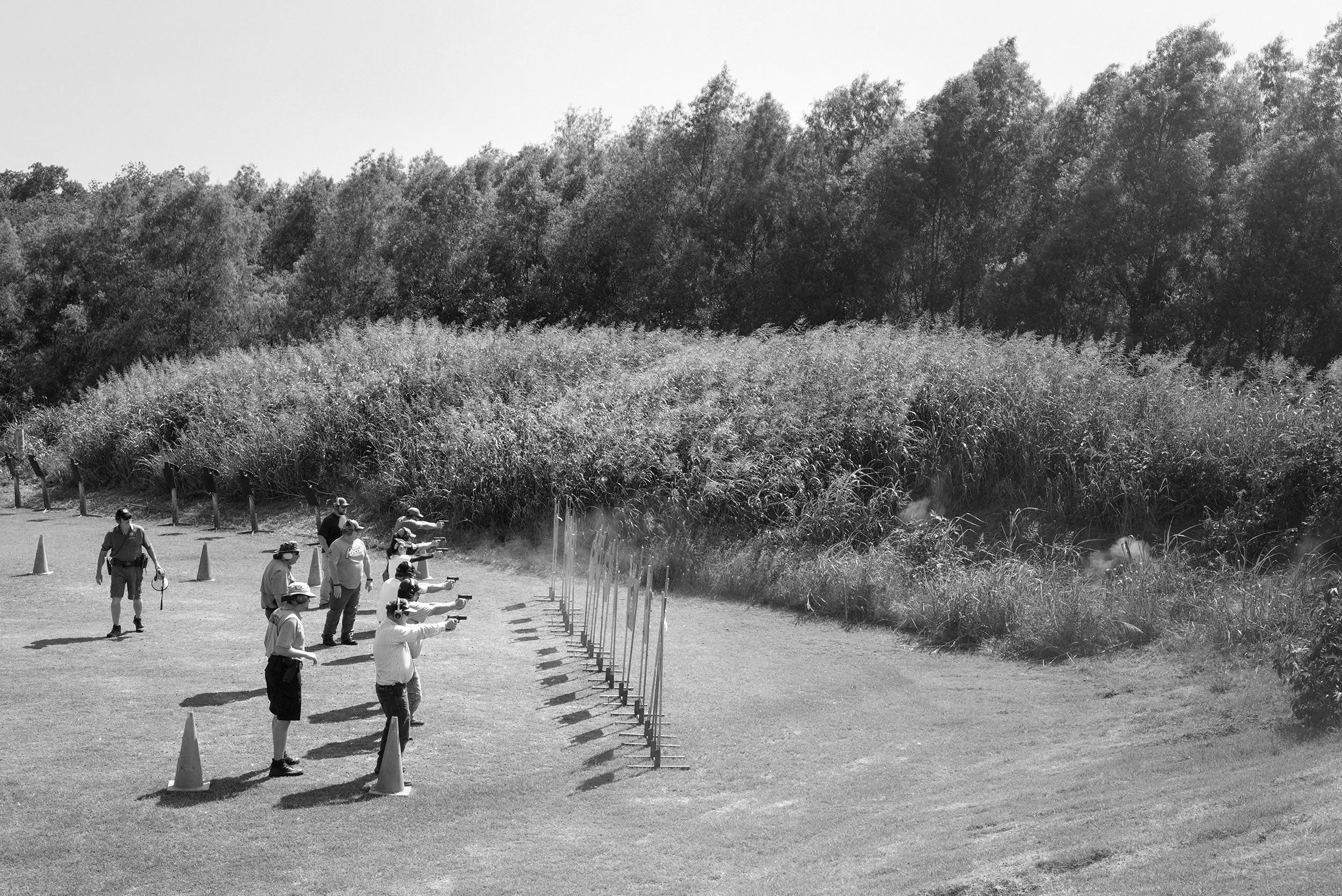







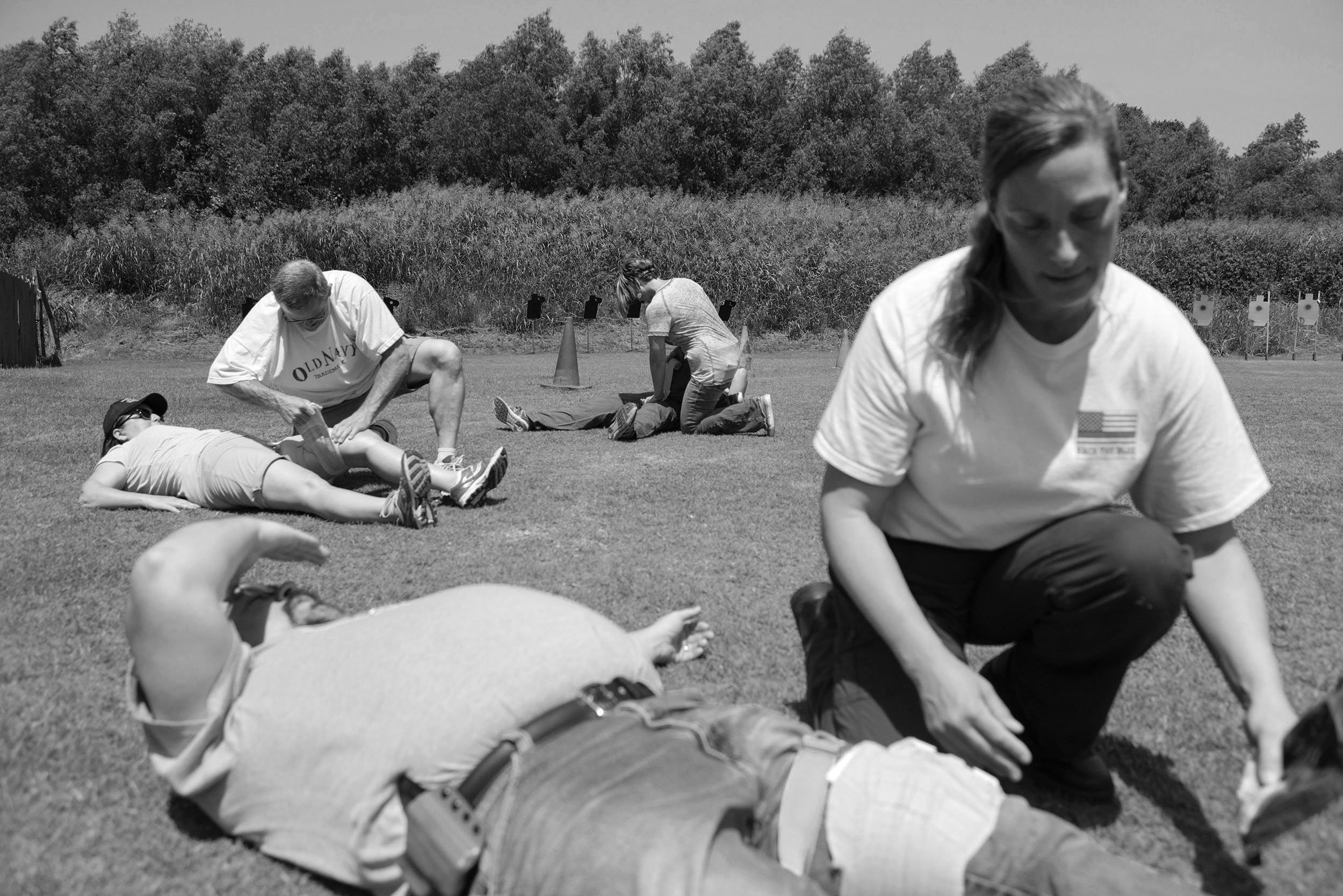

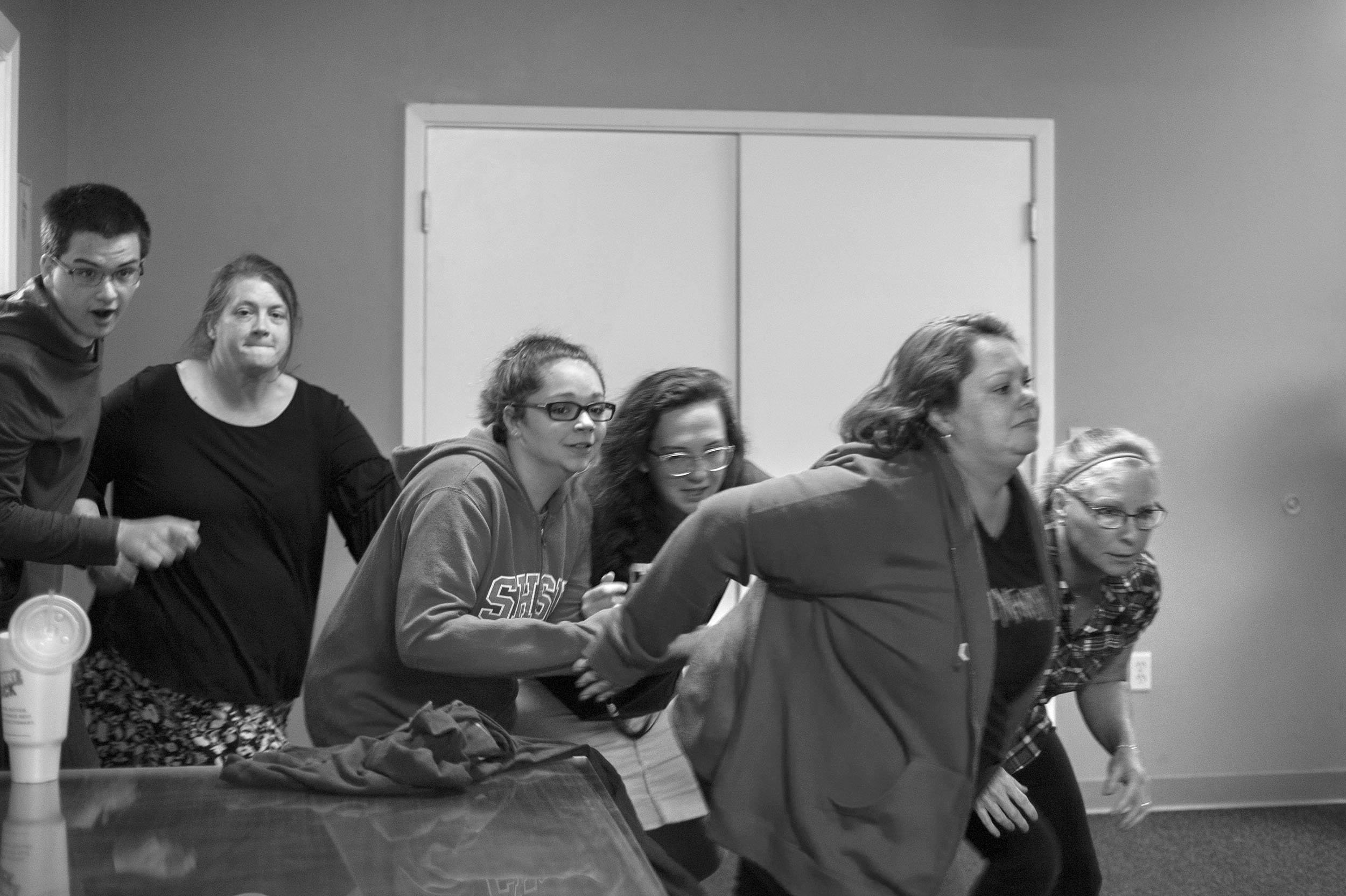






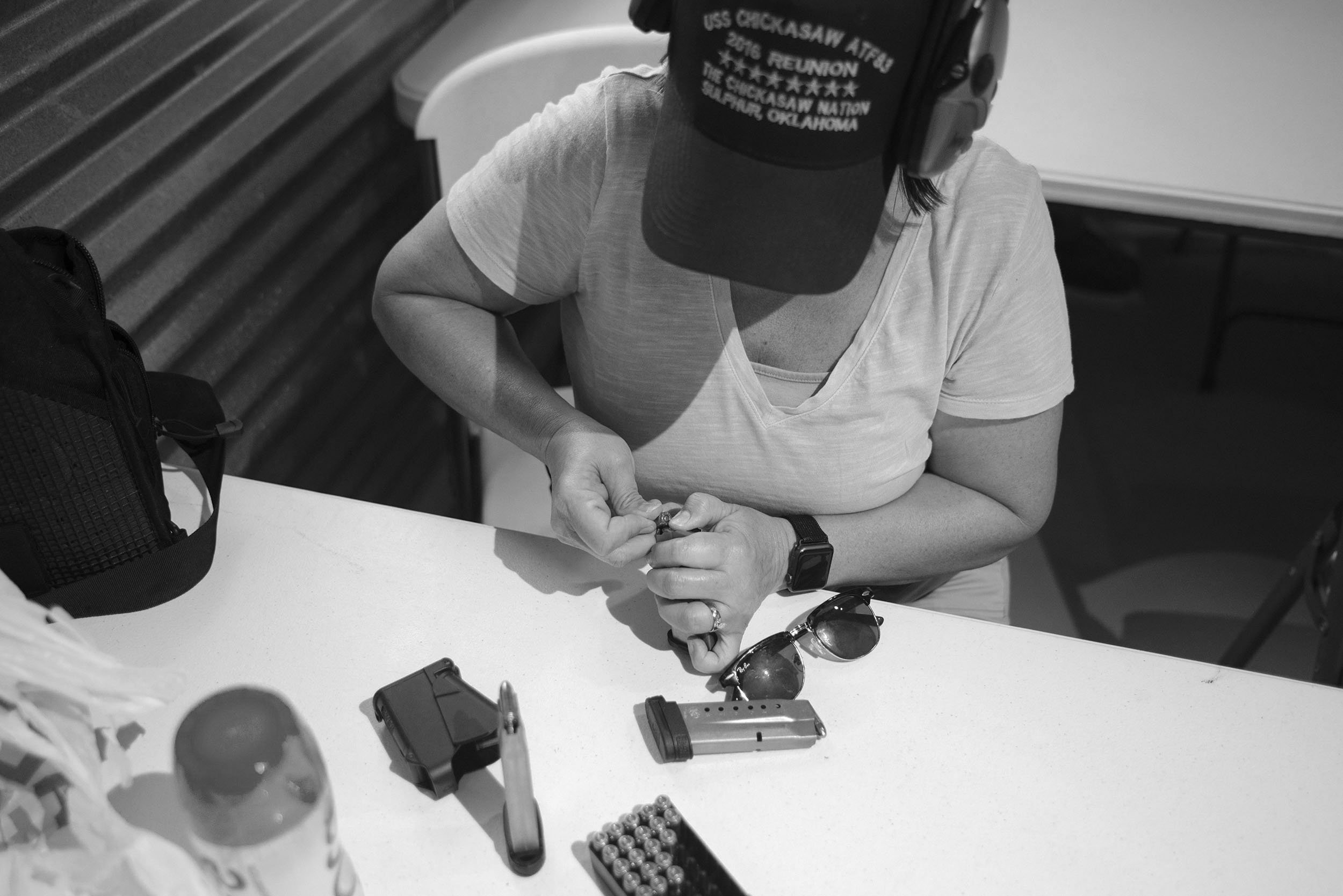





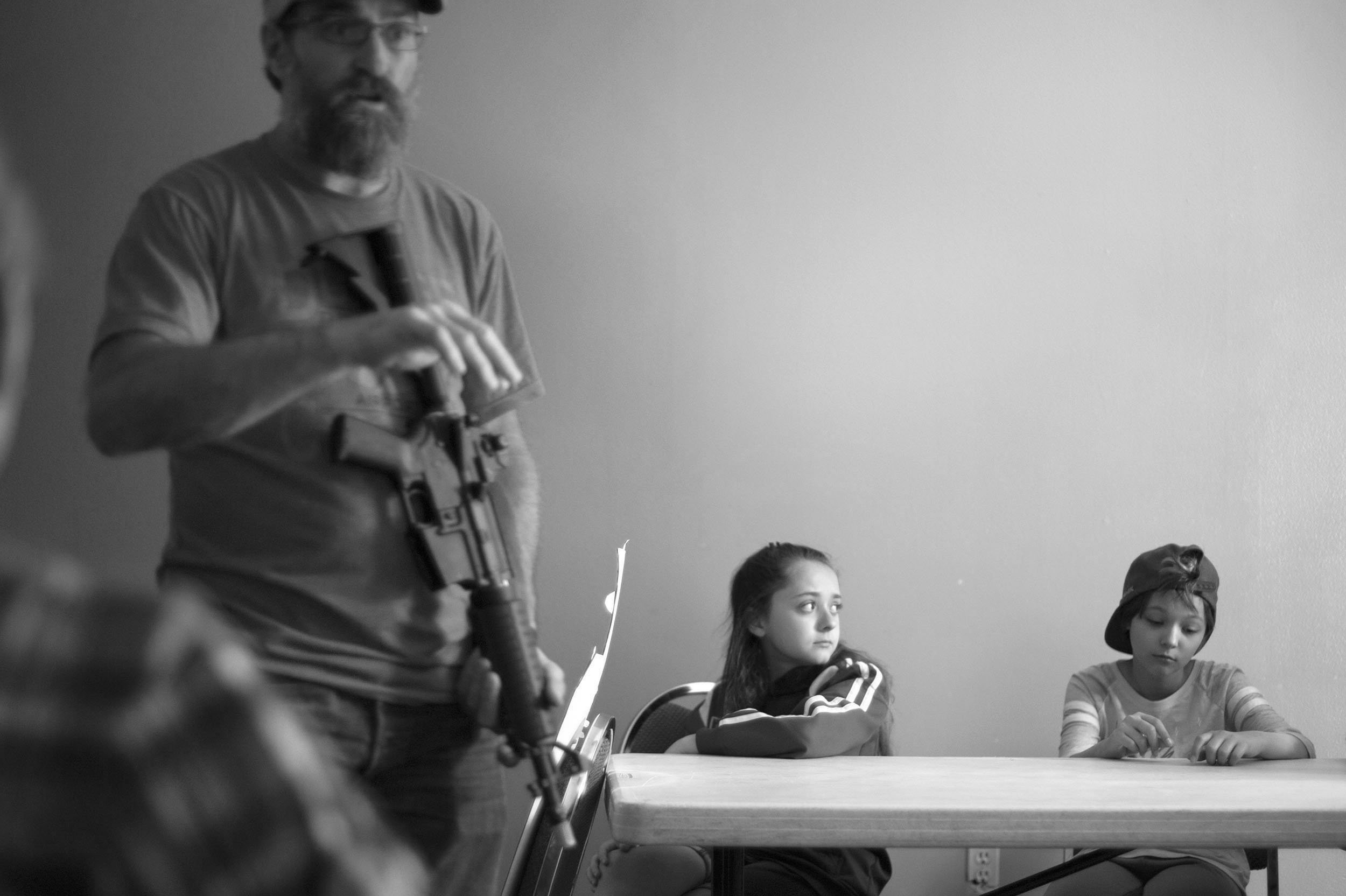

SAYA SAYAMA
Curiosity beckoned and bribed me to Myanmar, a land historically hidden to outside eyes, a nation suspended between the oppressive dictatorship of a military junta and the democratic hints of protest and political reform.
In efforts to lift suffocating foreign sanctions and attract international investment, Myanmar has submitted to human rights recommendations. Labor laws have improved, and ceasefire agreements with non-state armies have been discussed. But after decades of instability, religious conflict is still fierce, black markets rife, and a once prominent military leadership pulls strings off-stage.
Published with: BBC, The Washington Post, Human Rights Watch, Marie Claire, Foreign Policy, Vice Magazine. Supported by: The Pulitzer Center on Crisis Reporting.

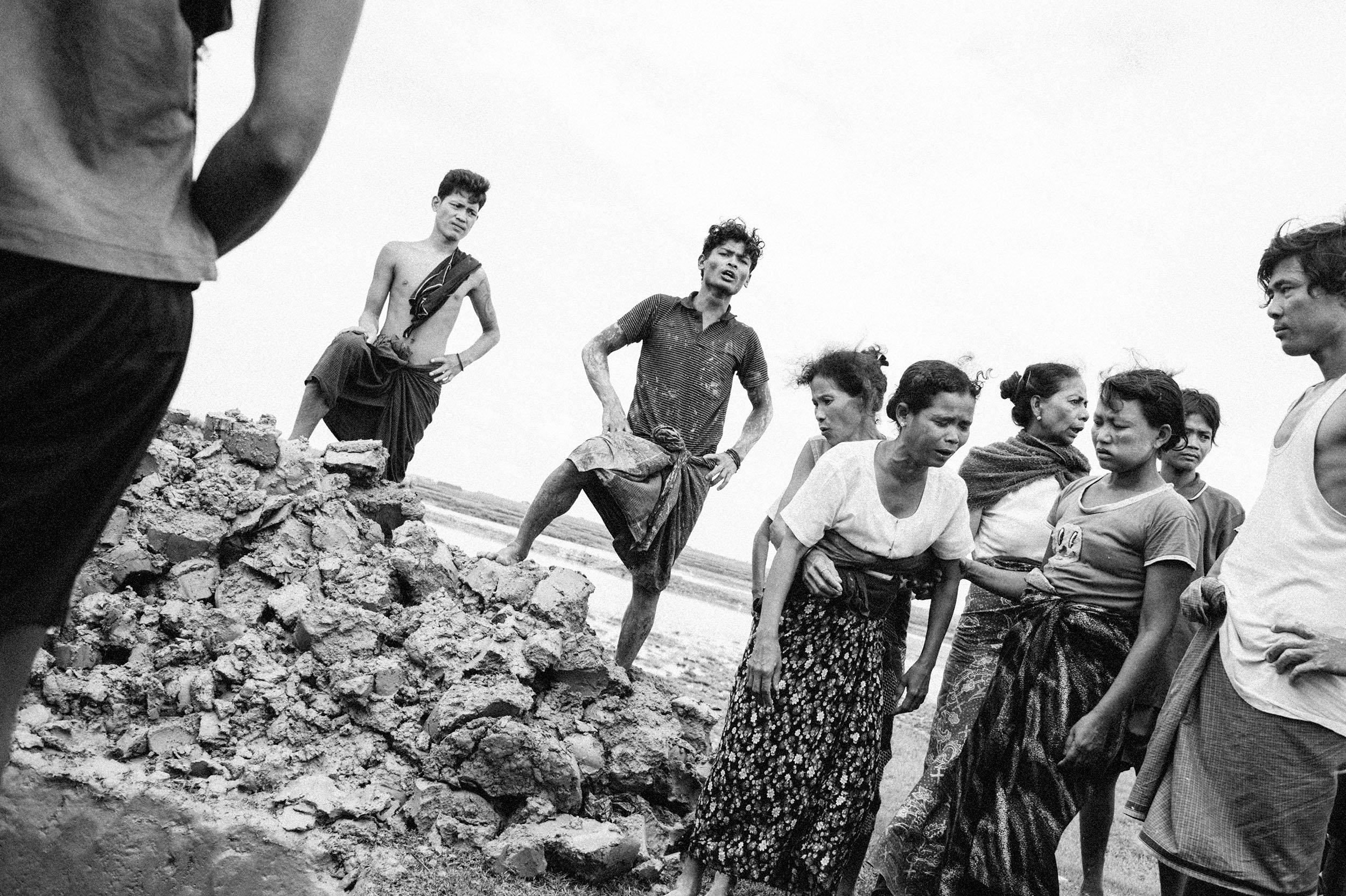

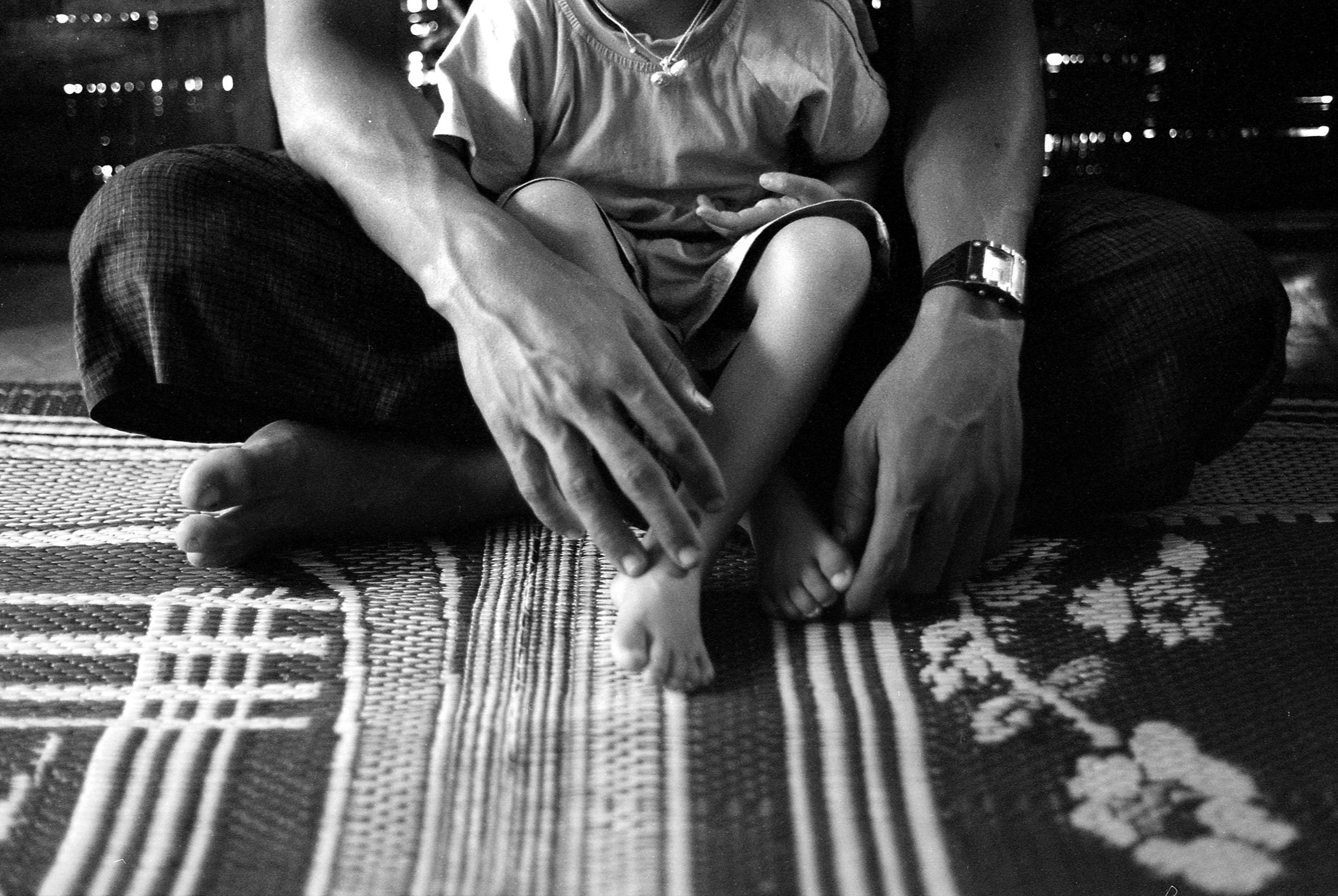




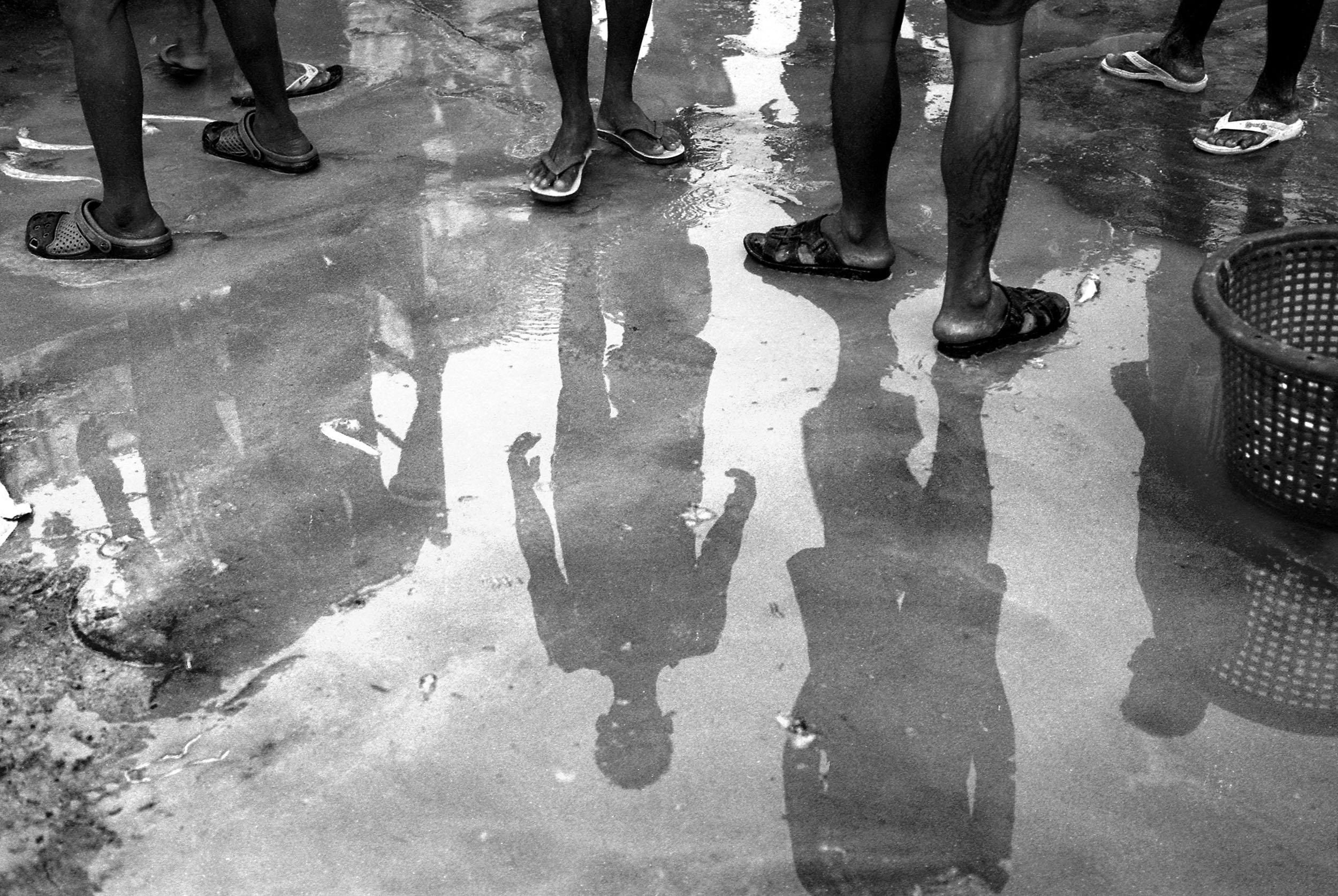
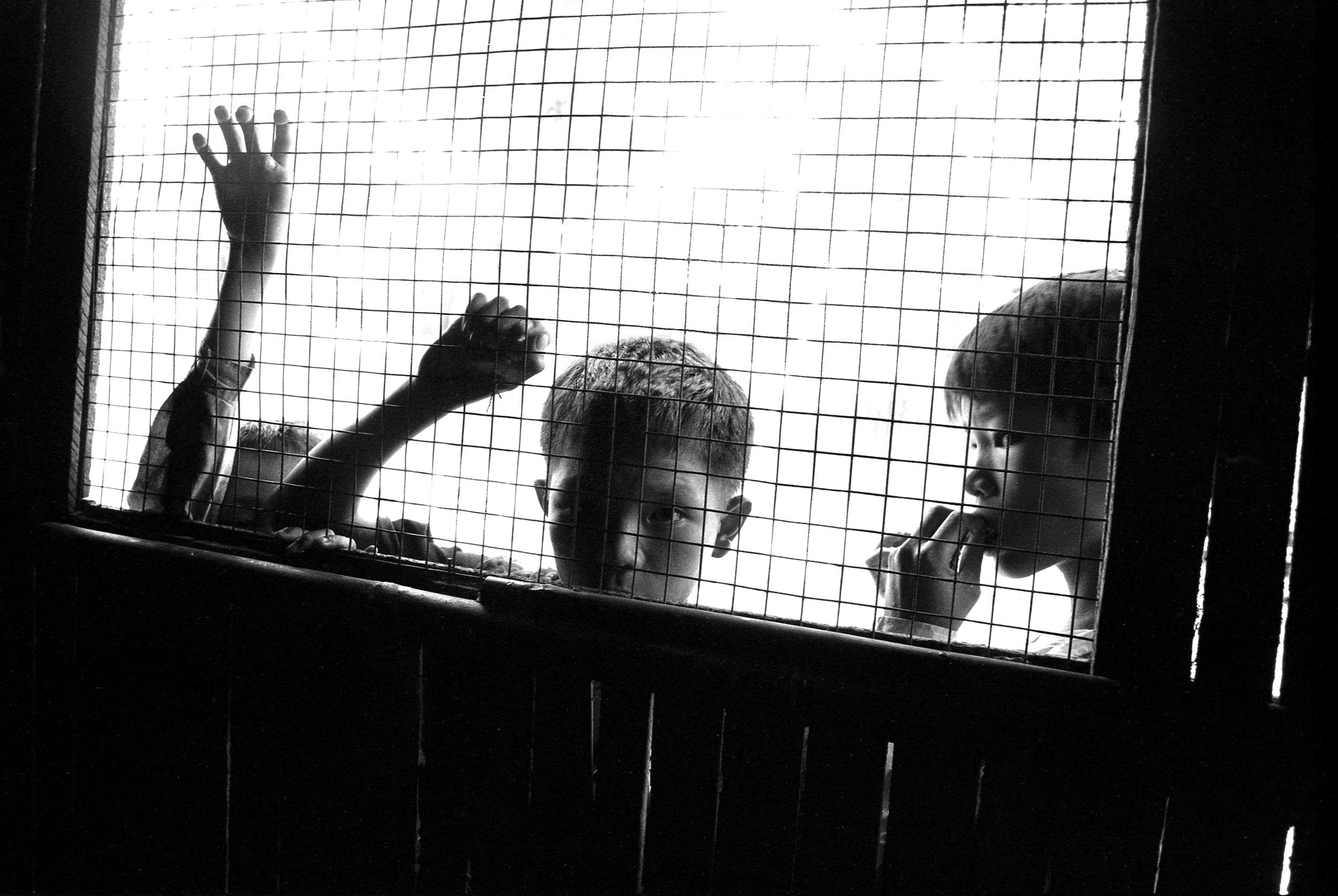



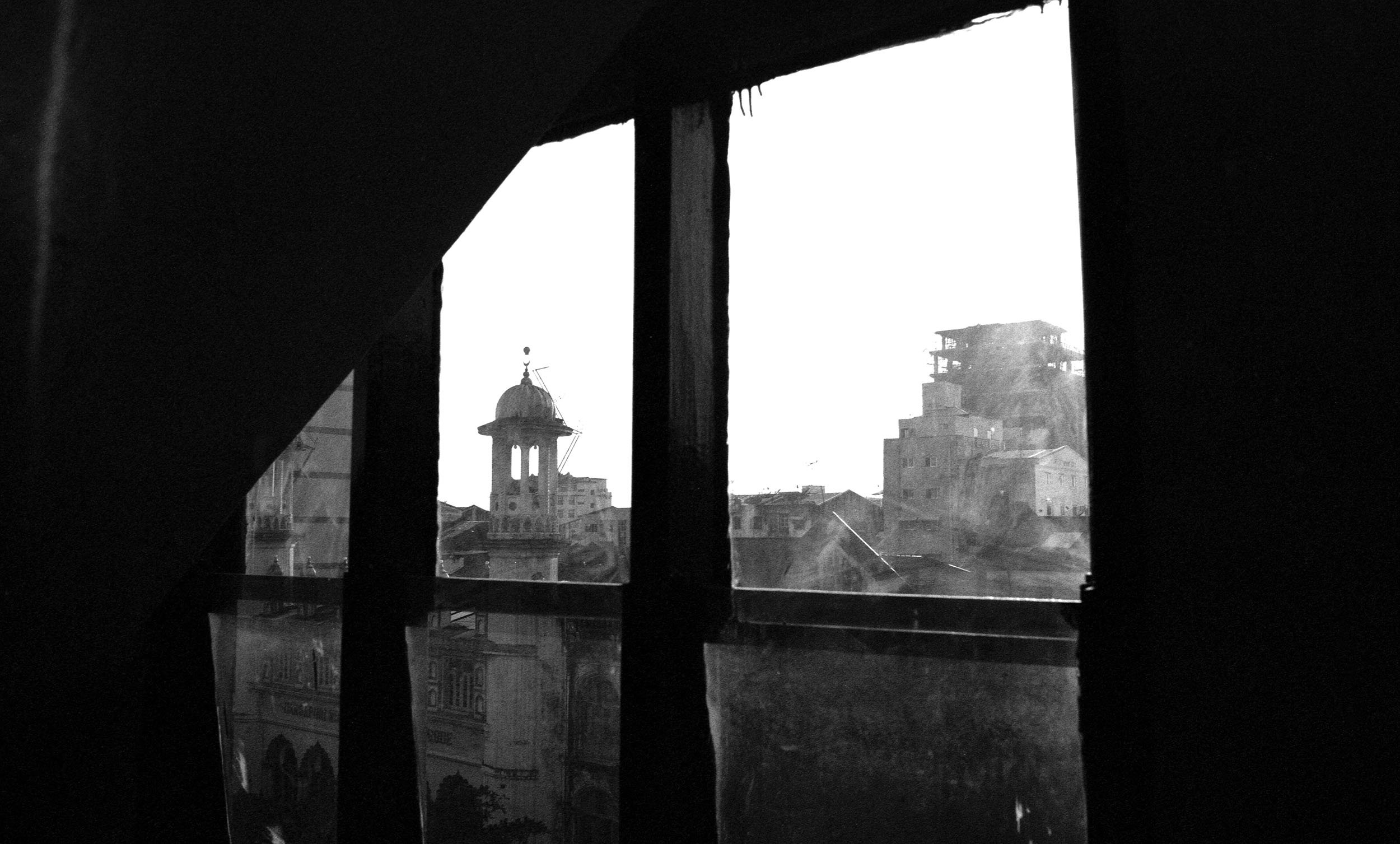
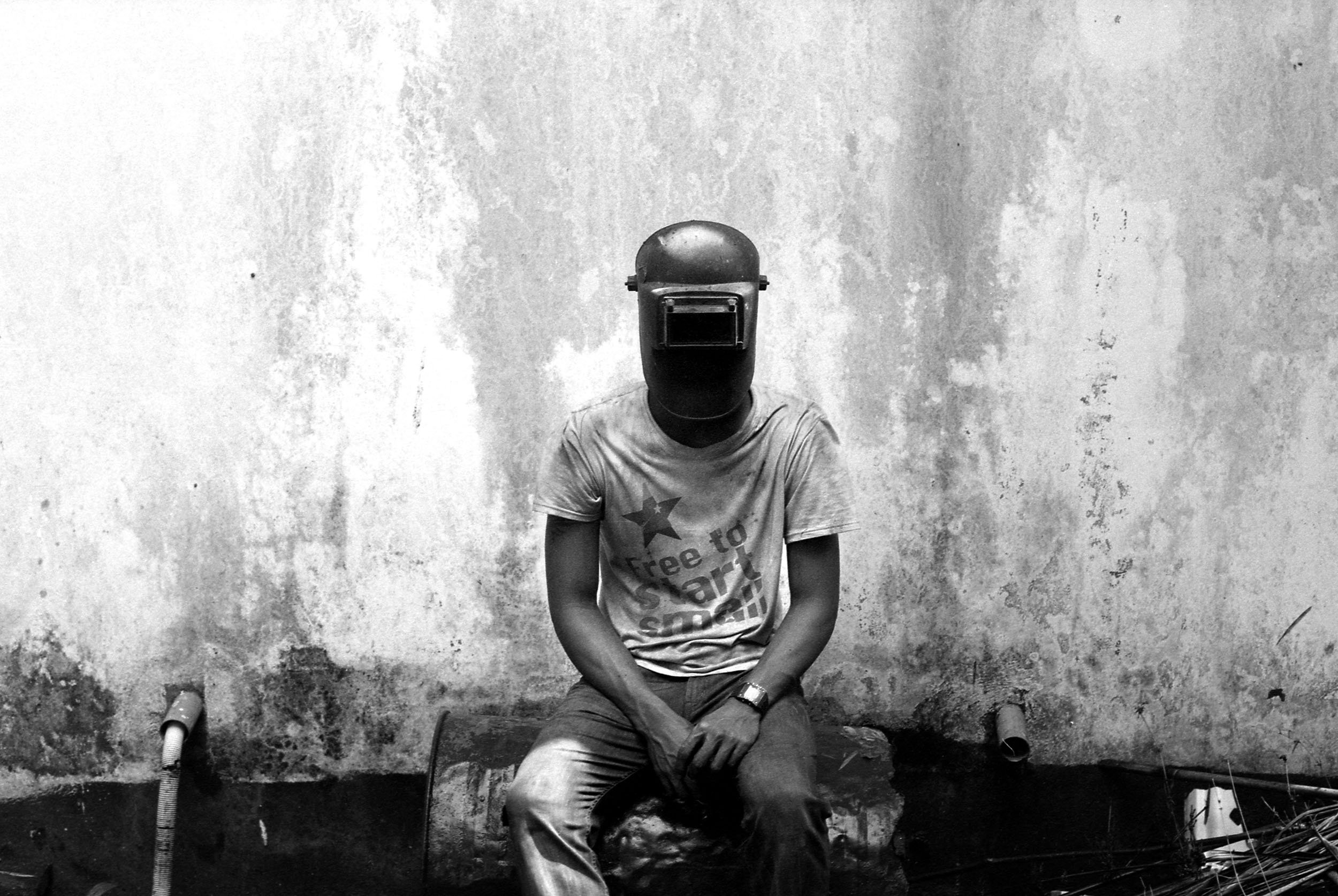


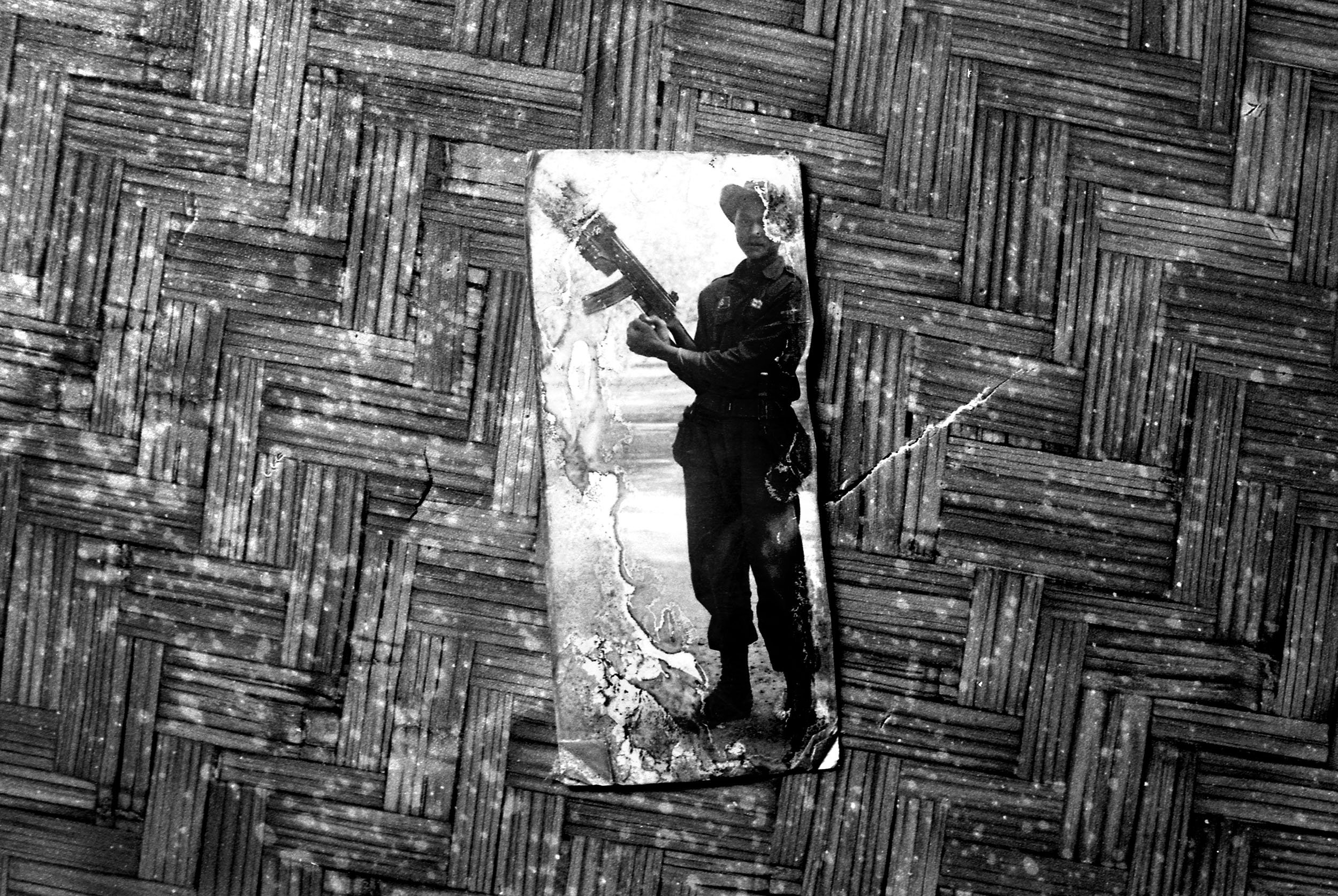




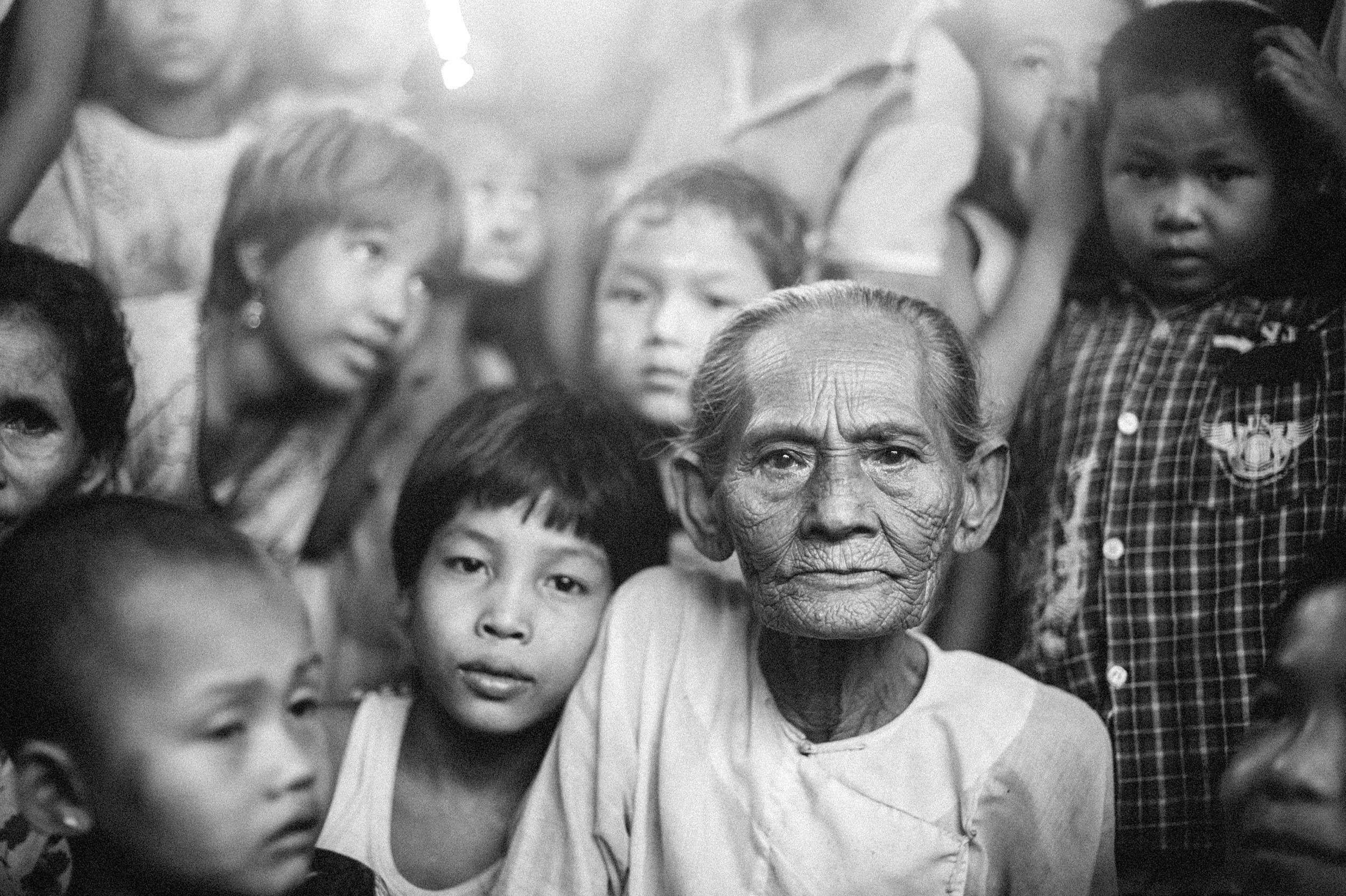
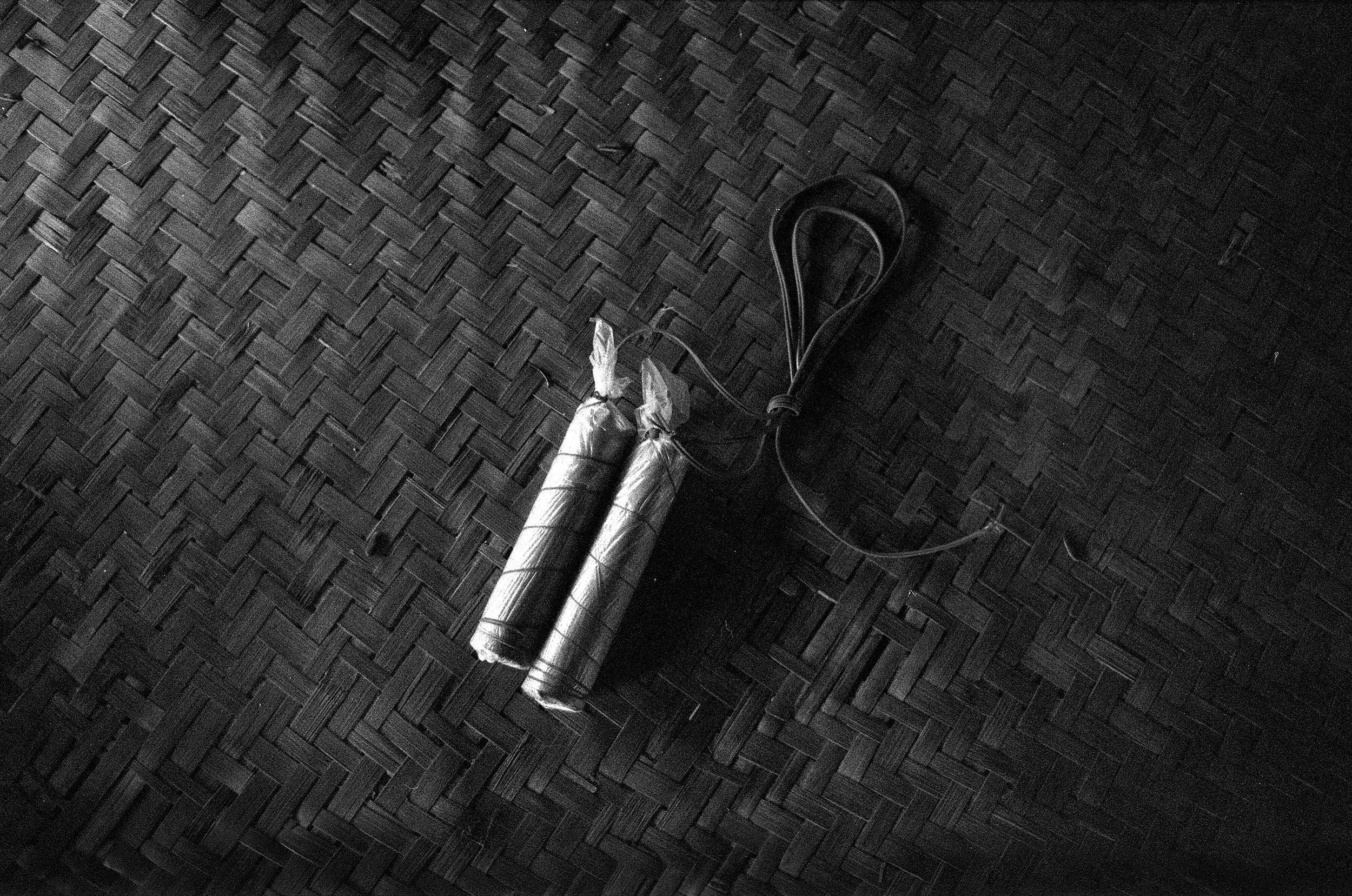



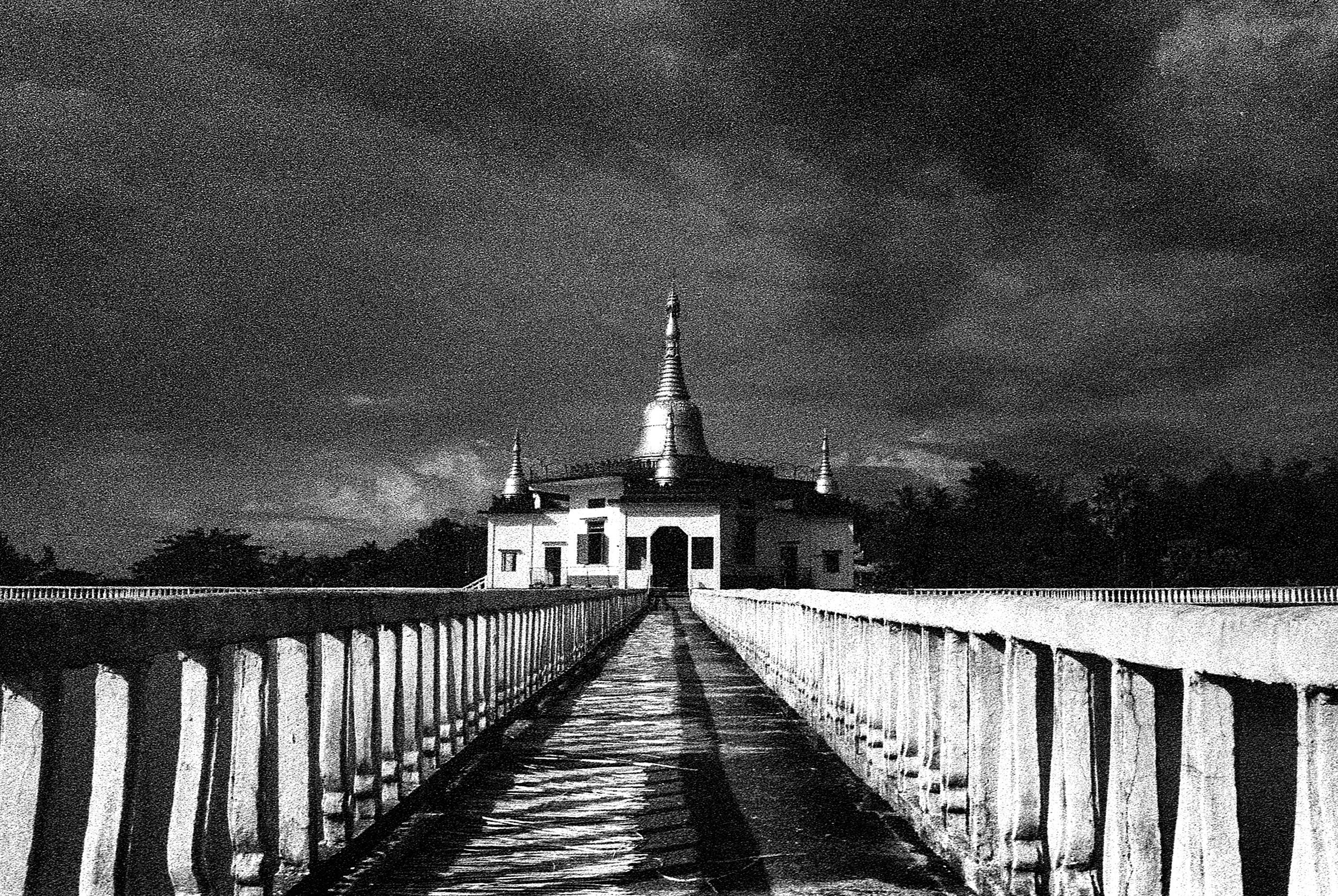




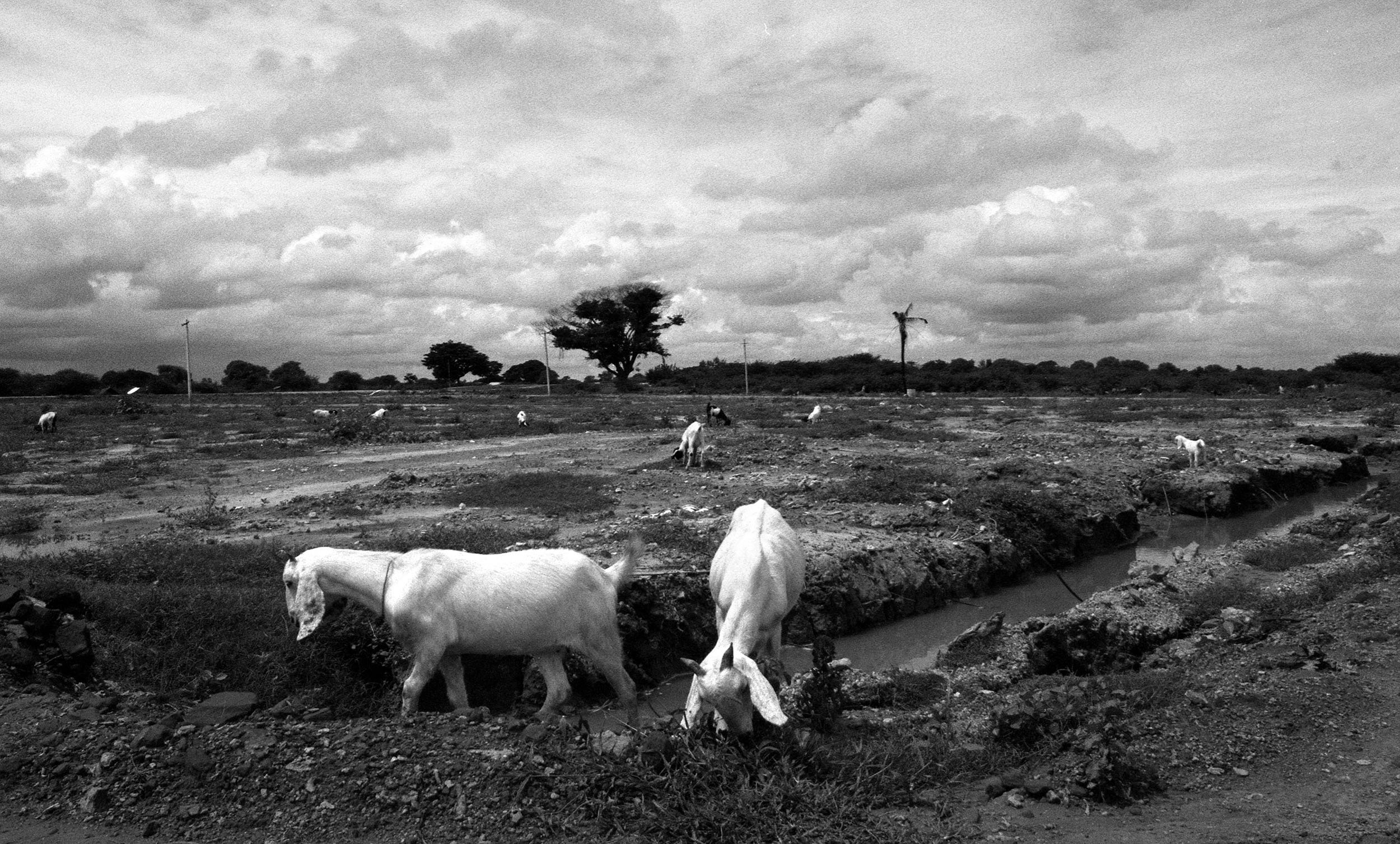



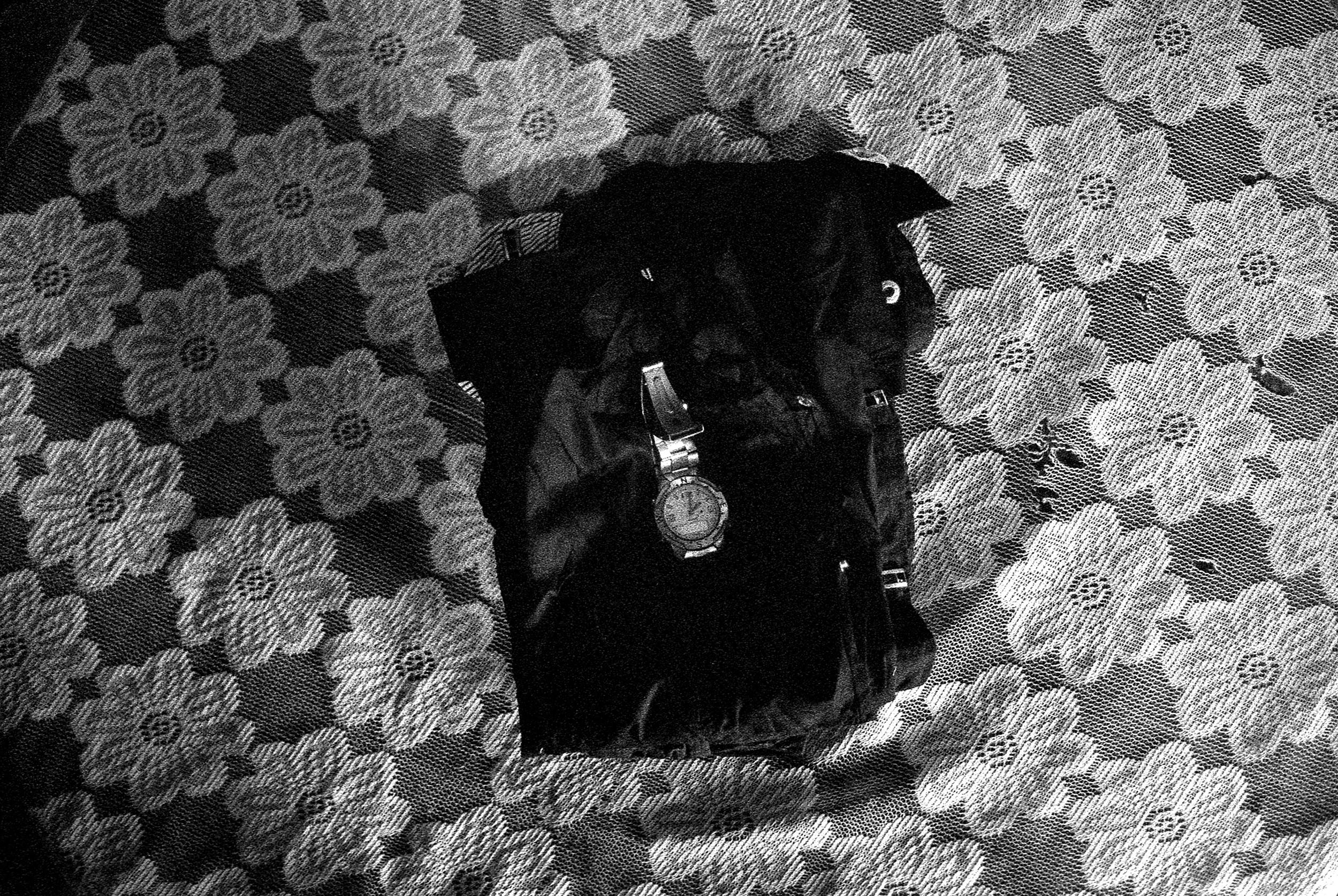




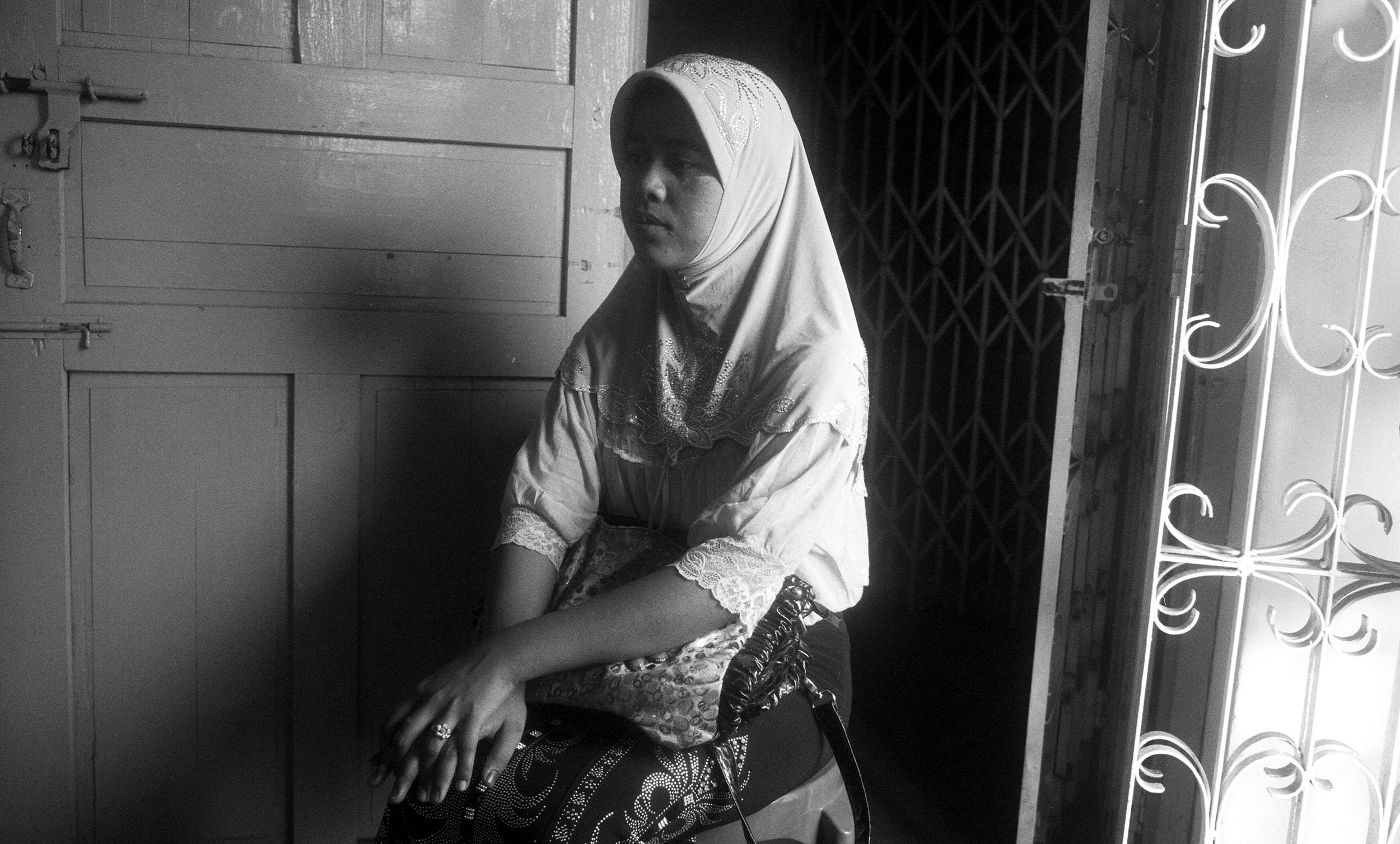

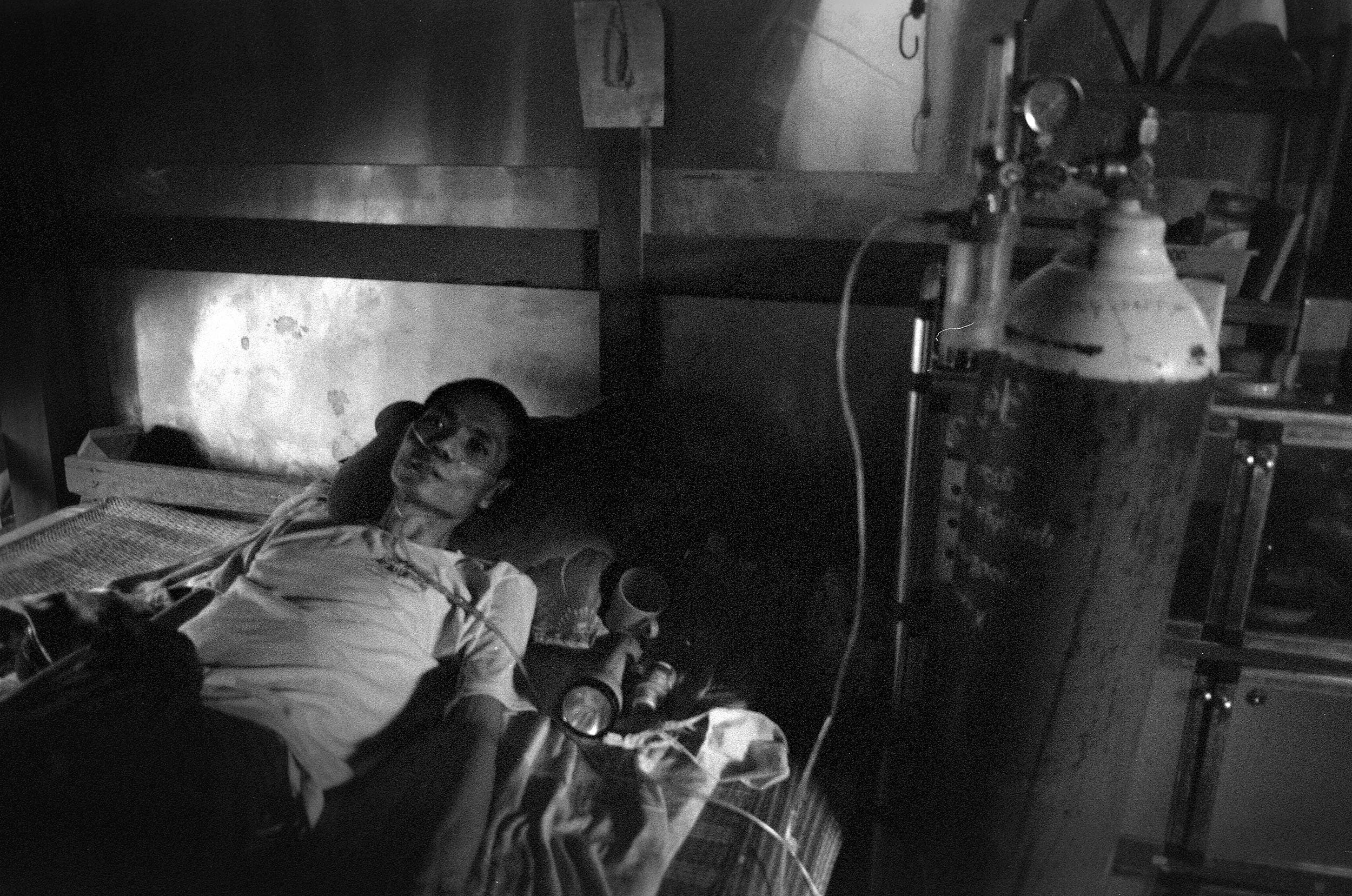
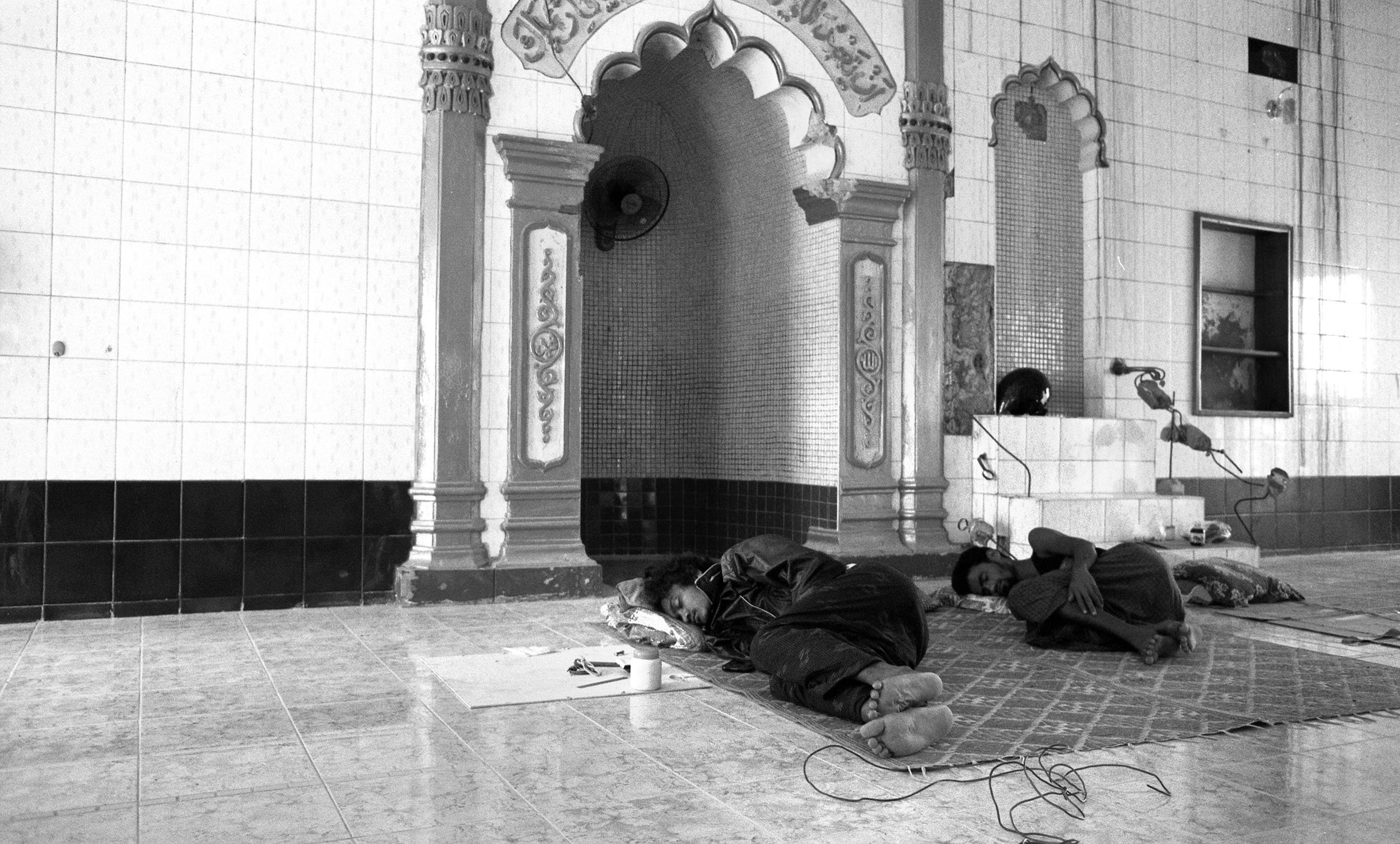
GYPSY PARADISE LOST
In the summer of 2011 eviction protests peaked after a decade of campaigns over the rights of Gypsies to live at Dale Farm in Essex. Activists joined gypsies in a month-long embedded blockade, chaining themselves to structures to deter awaiting police and bailiffs.
The local council set aside 18 million pounds to fund the operation, but failed to offer alternative living arrangements for the 400 people they made homeless, during the largest mass eviction of traveling gypsies yet.
Published with: The Telegraph, Vice Magazine, Foto8.

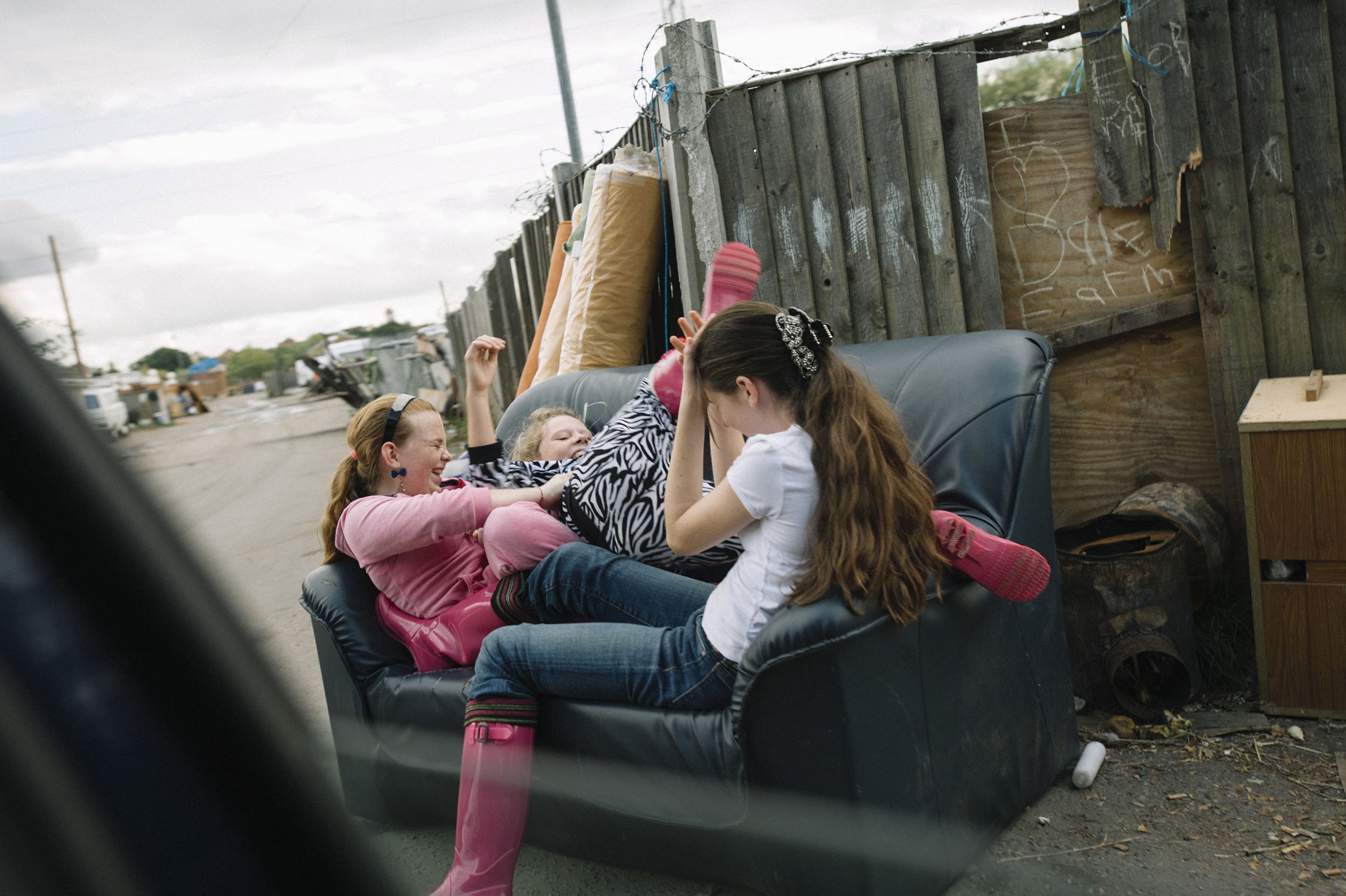




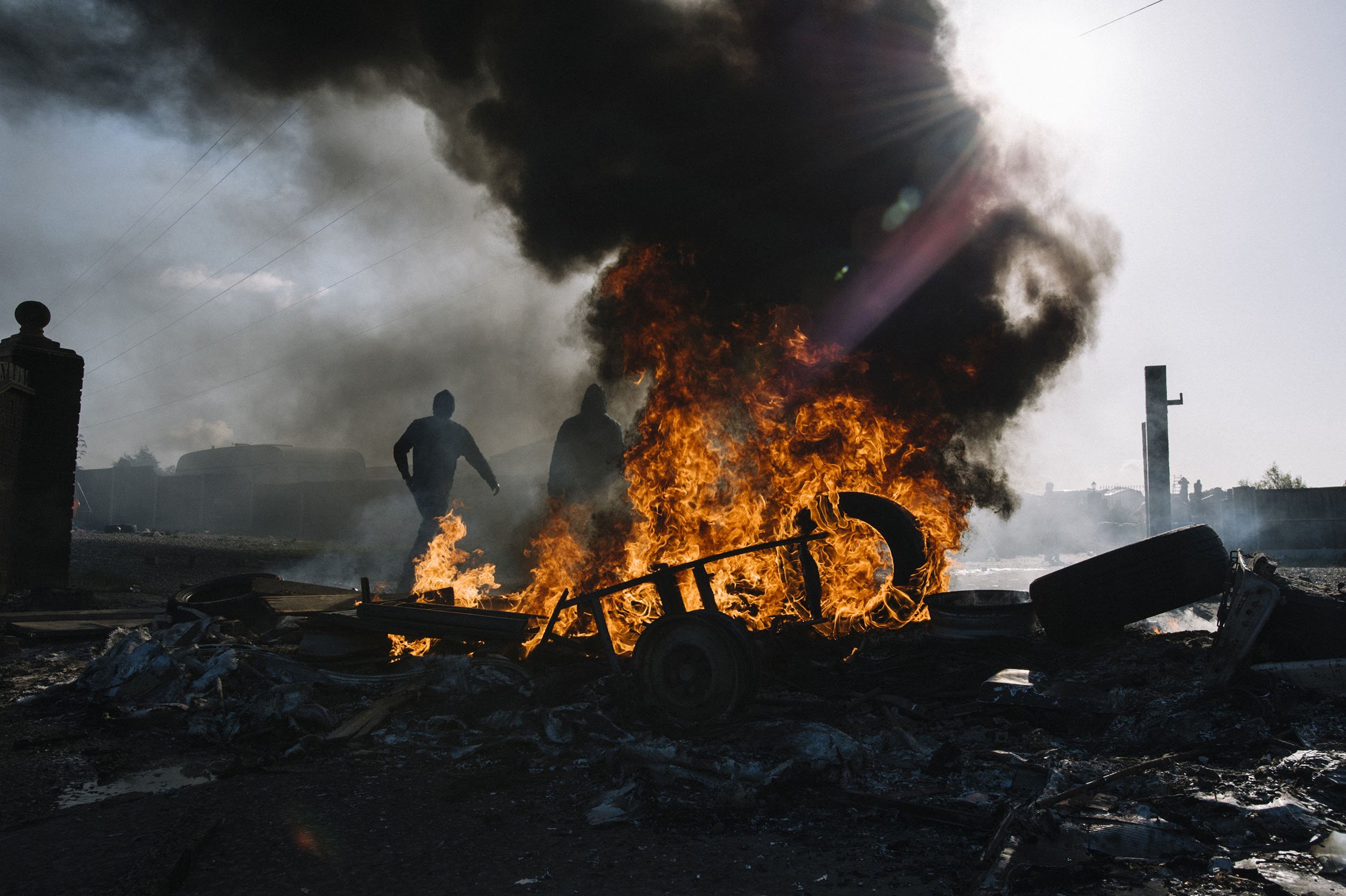
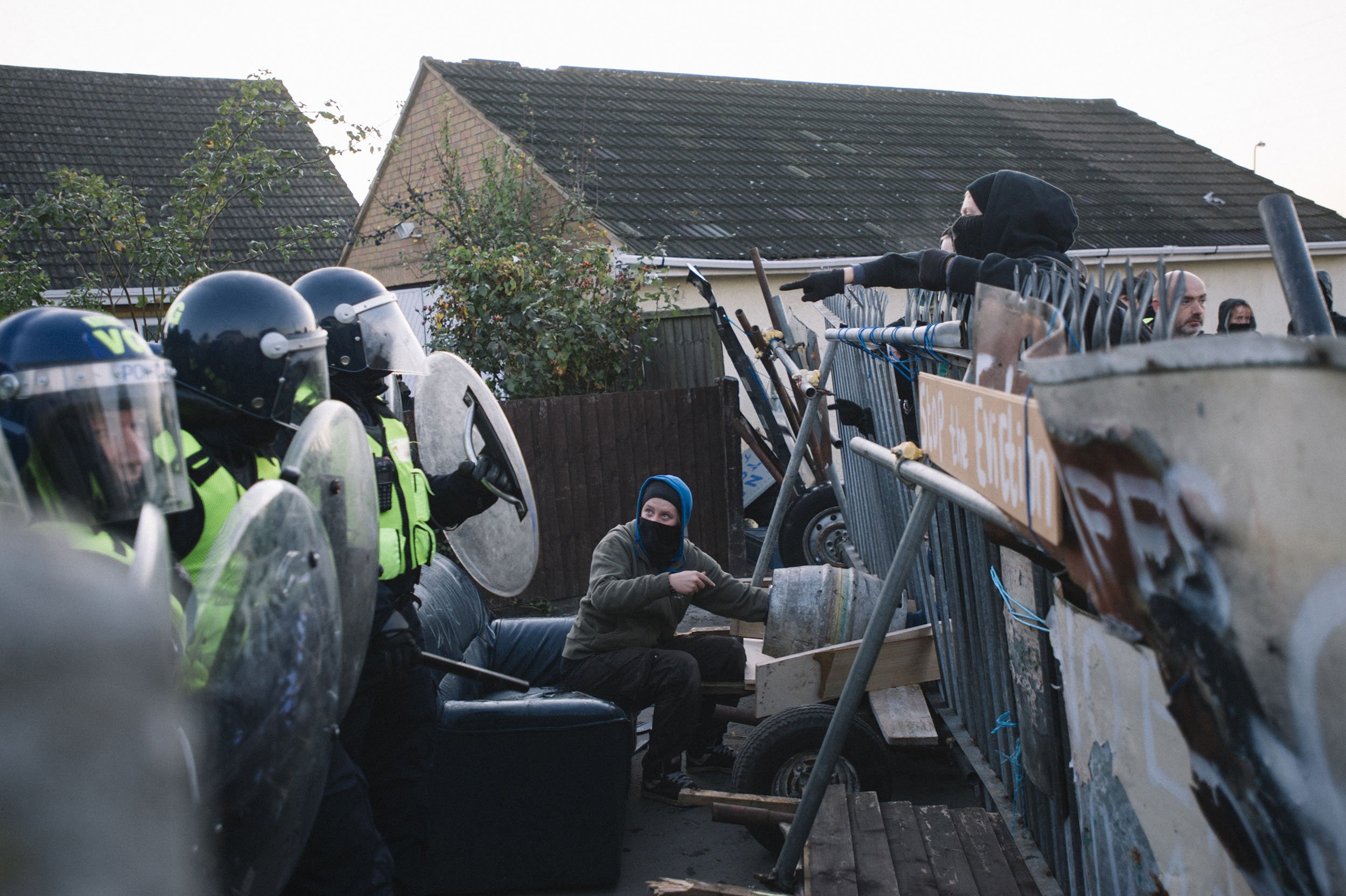
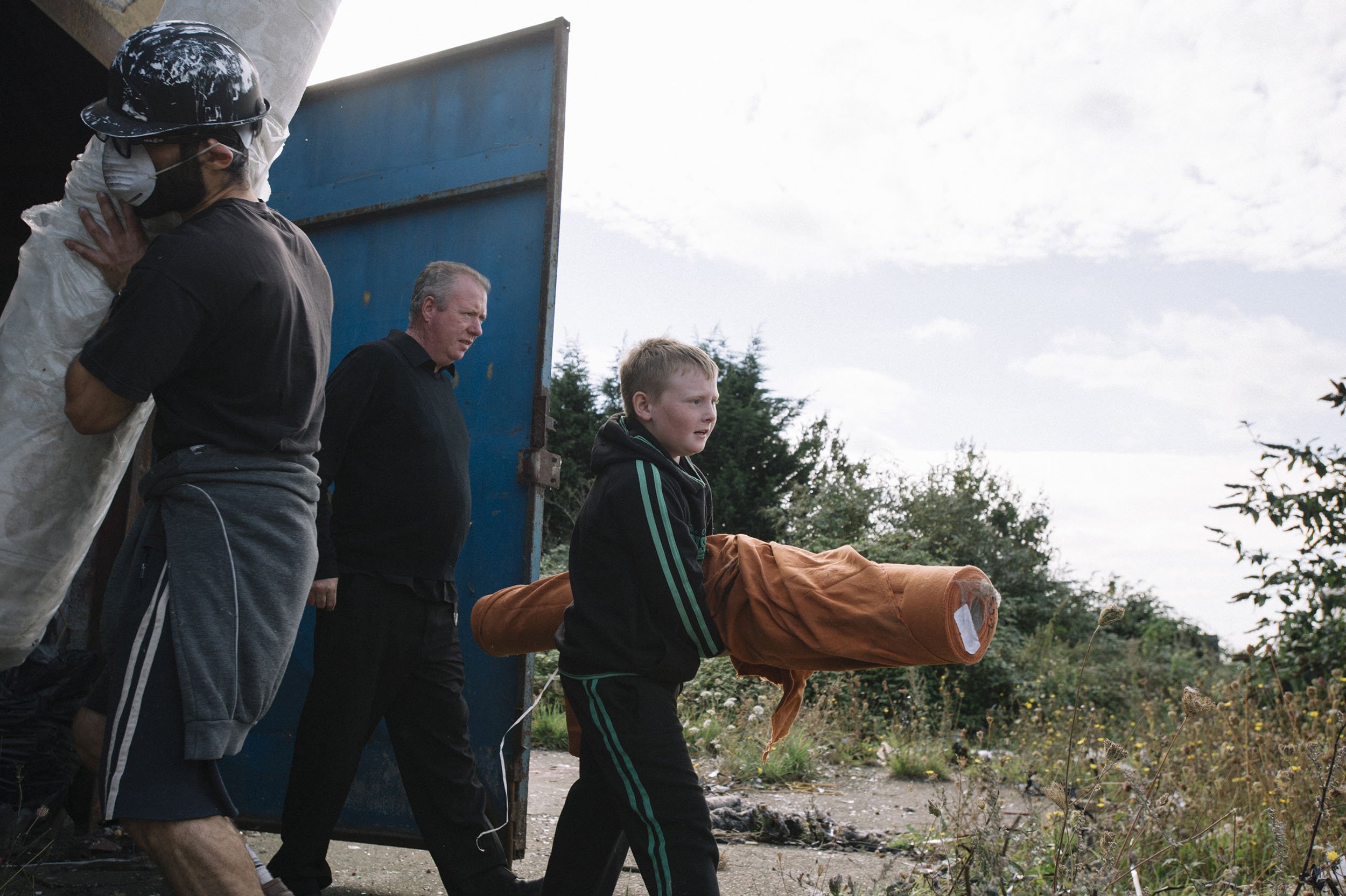


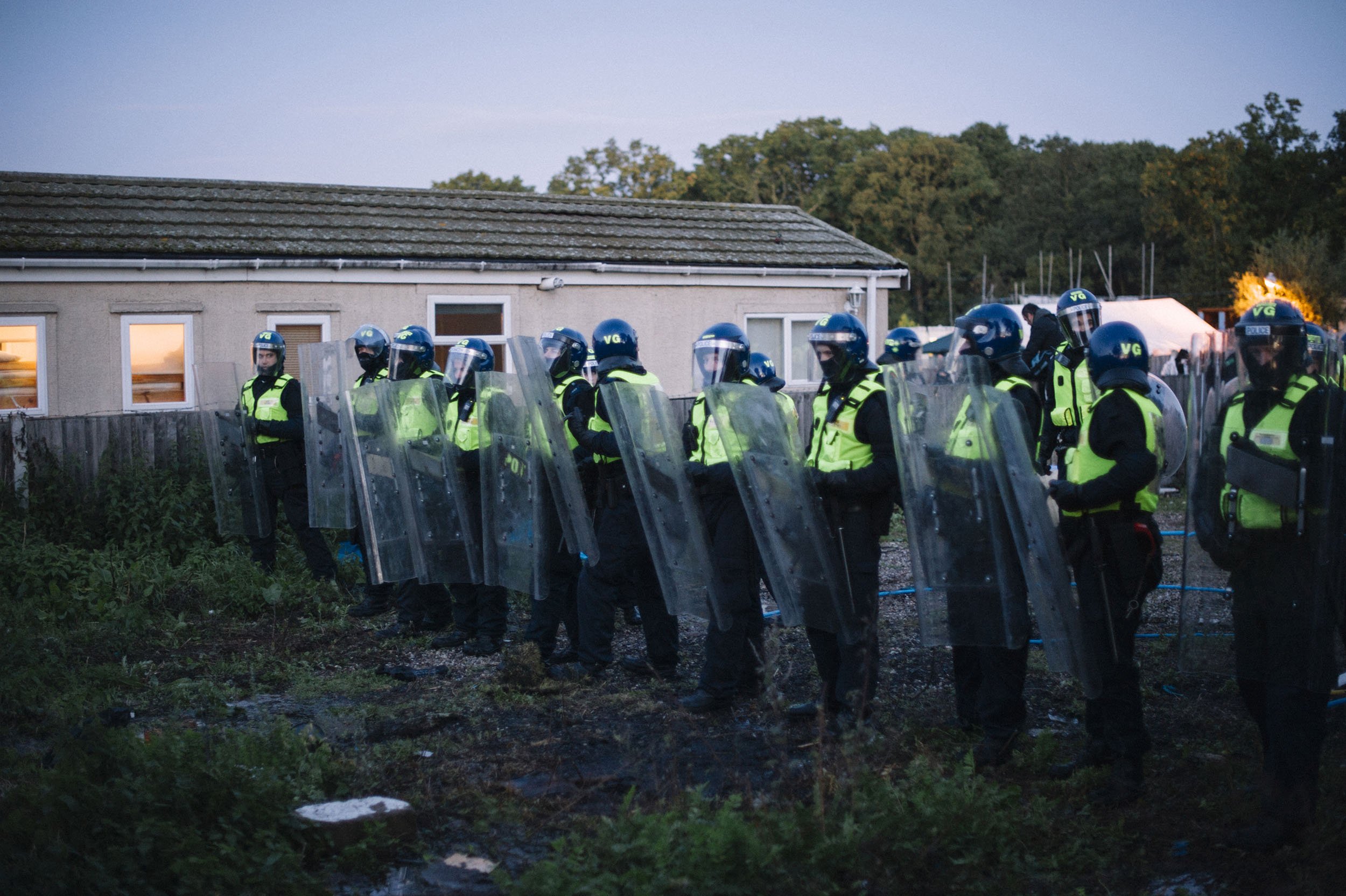
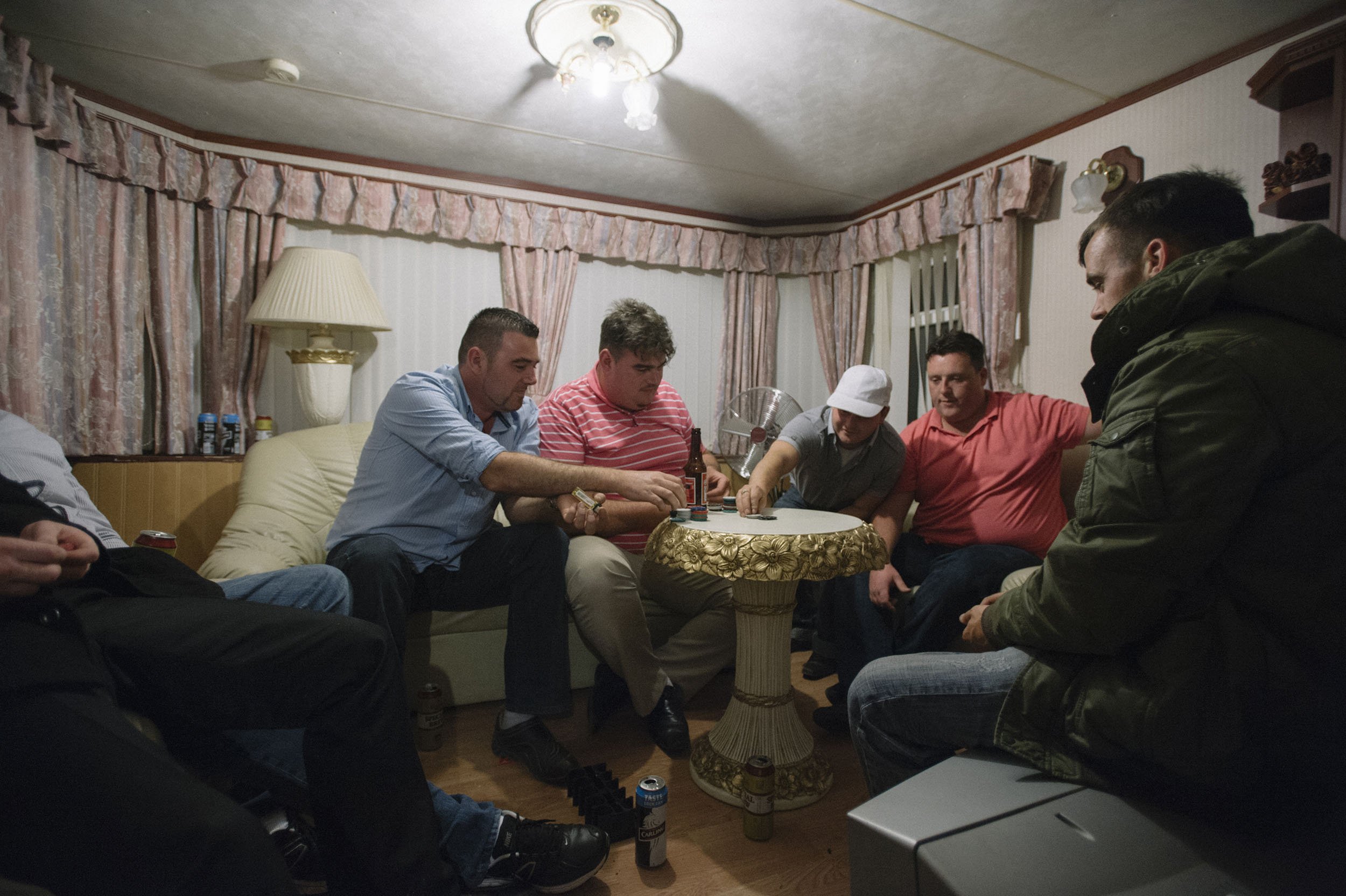




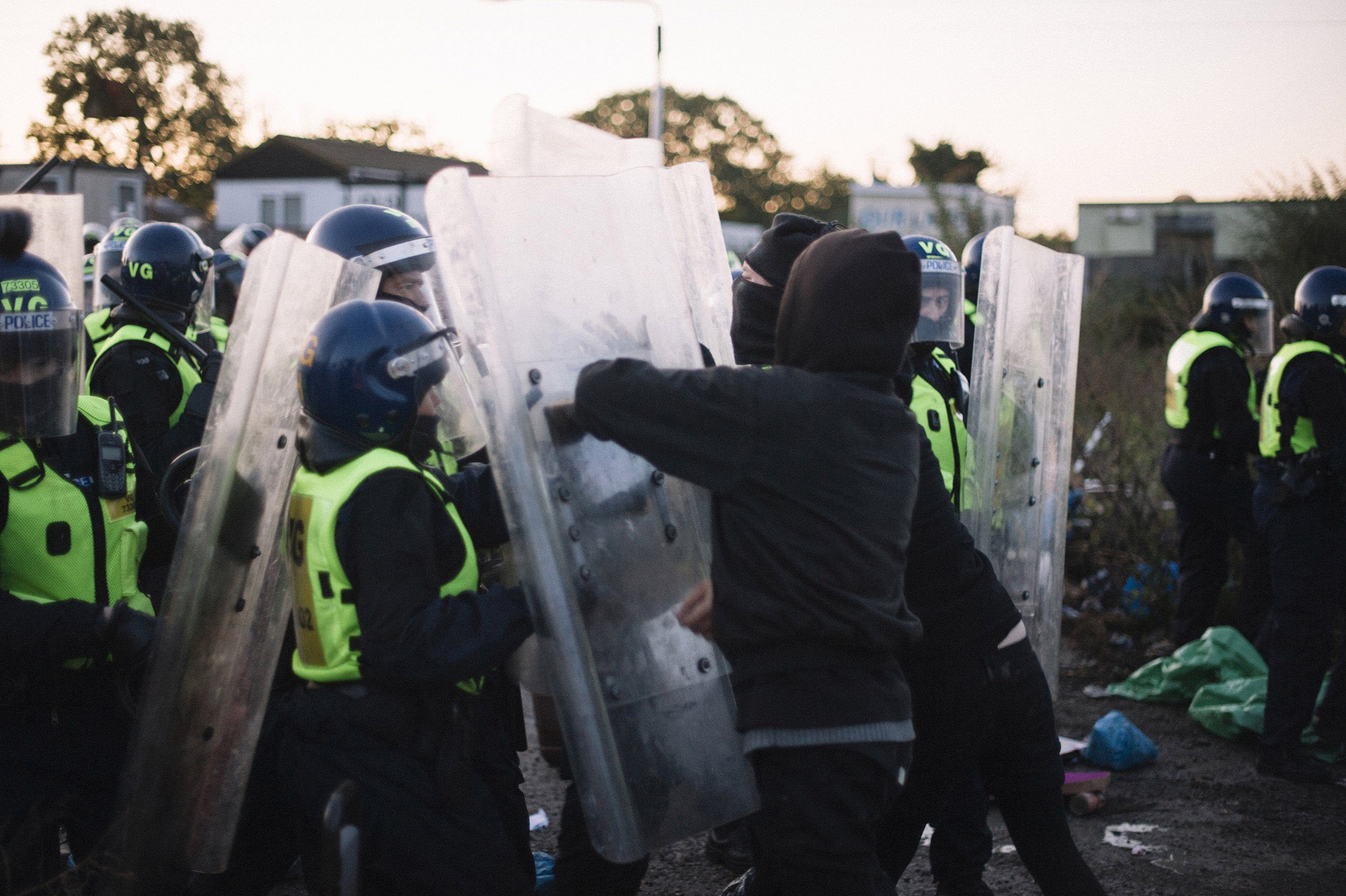

THE DEAD ZONE
Agricultural practices along the Mississippi River, combined with a general warming of our oceans, are creating large areas of sea that can no longer support aquatic life. Known as "dead zones" these growing hypoxic areas are impacting fishing industries in Louisiana and Texas, and in the long term could lead to the mass extinction of many species of marine life.
And as the human population rises and increases its reliance on large-scale farming, the problem is expected to continue. This year, according to the National Oceanic and Atmospheric Administration, the Gulf dead zone is 6,952 square miles, roughly the size of New Hampshire.
But the gradual implementation of nutrient reduction strategies across the Midwest is seen as a potential solution to a loss of biodiversity in the Gulf of Mexico.
Published with: The Weather Channel, The Ecologist, The Lens, and Grist. Supported by The Pulitzer Center on Crisis Reporting.







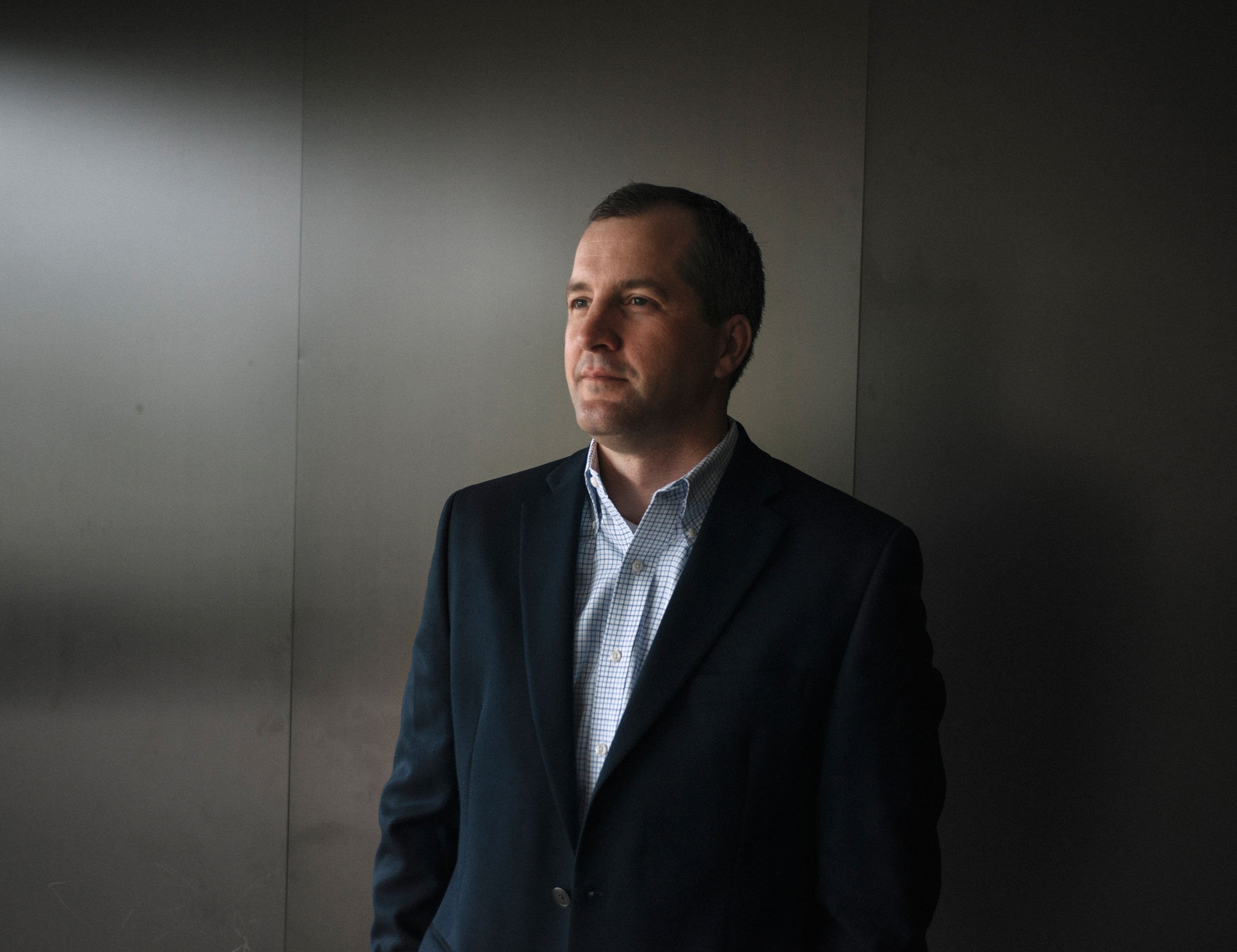




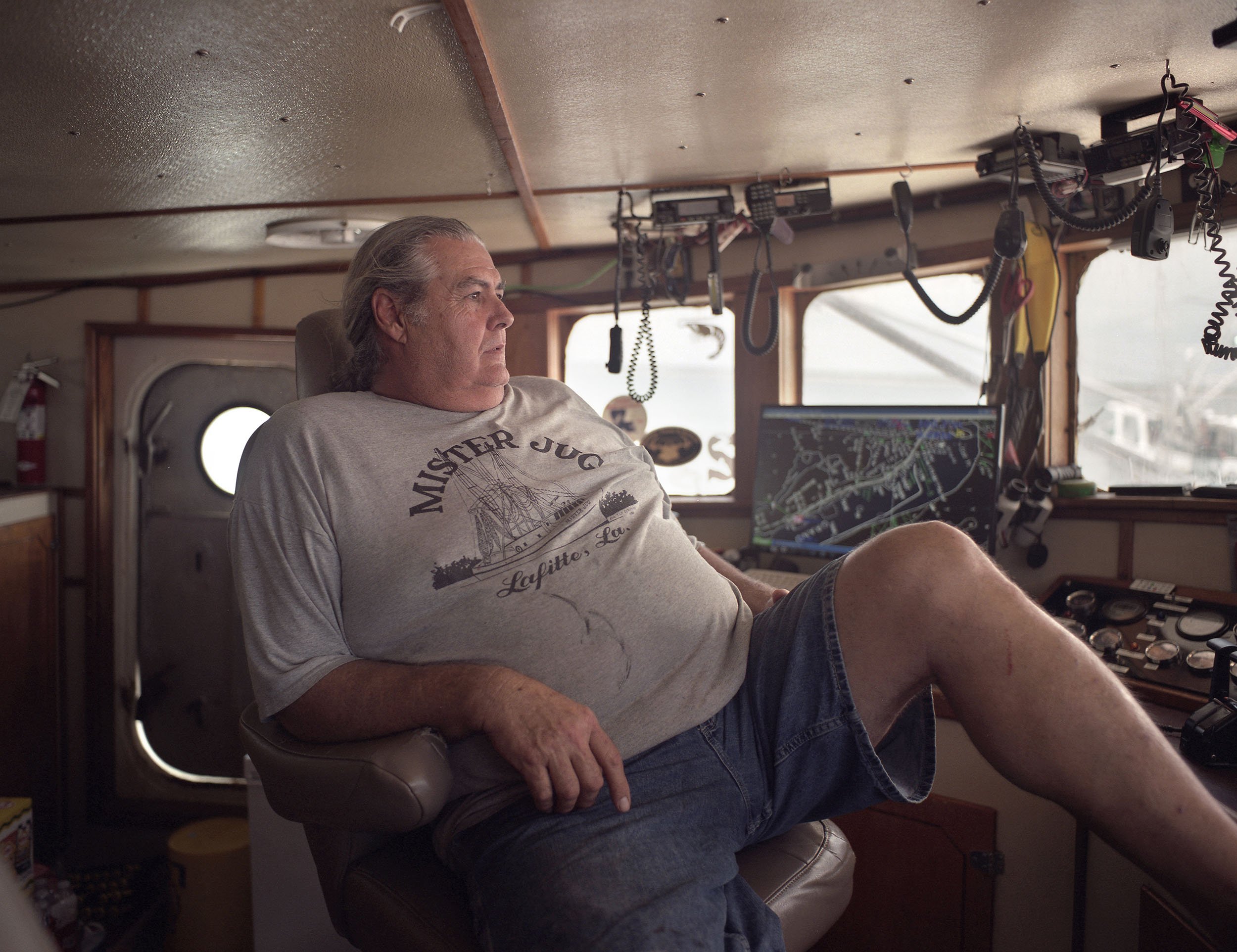
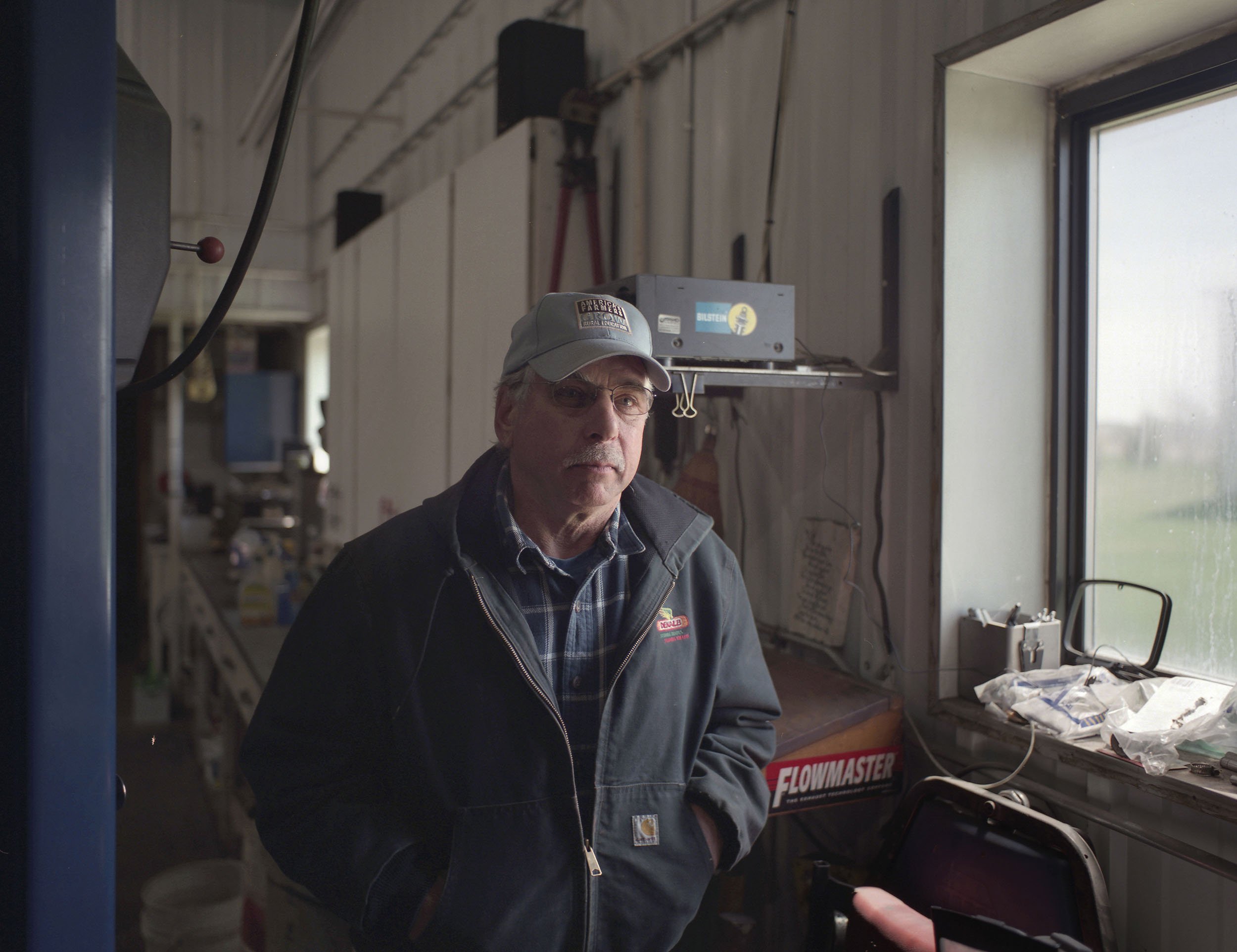



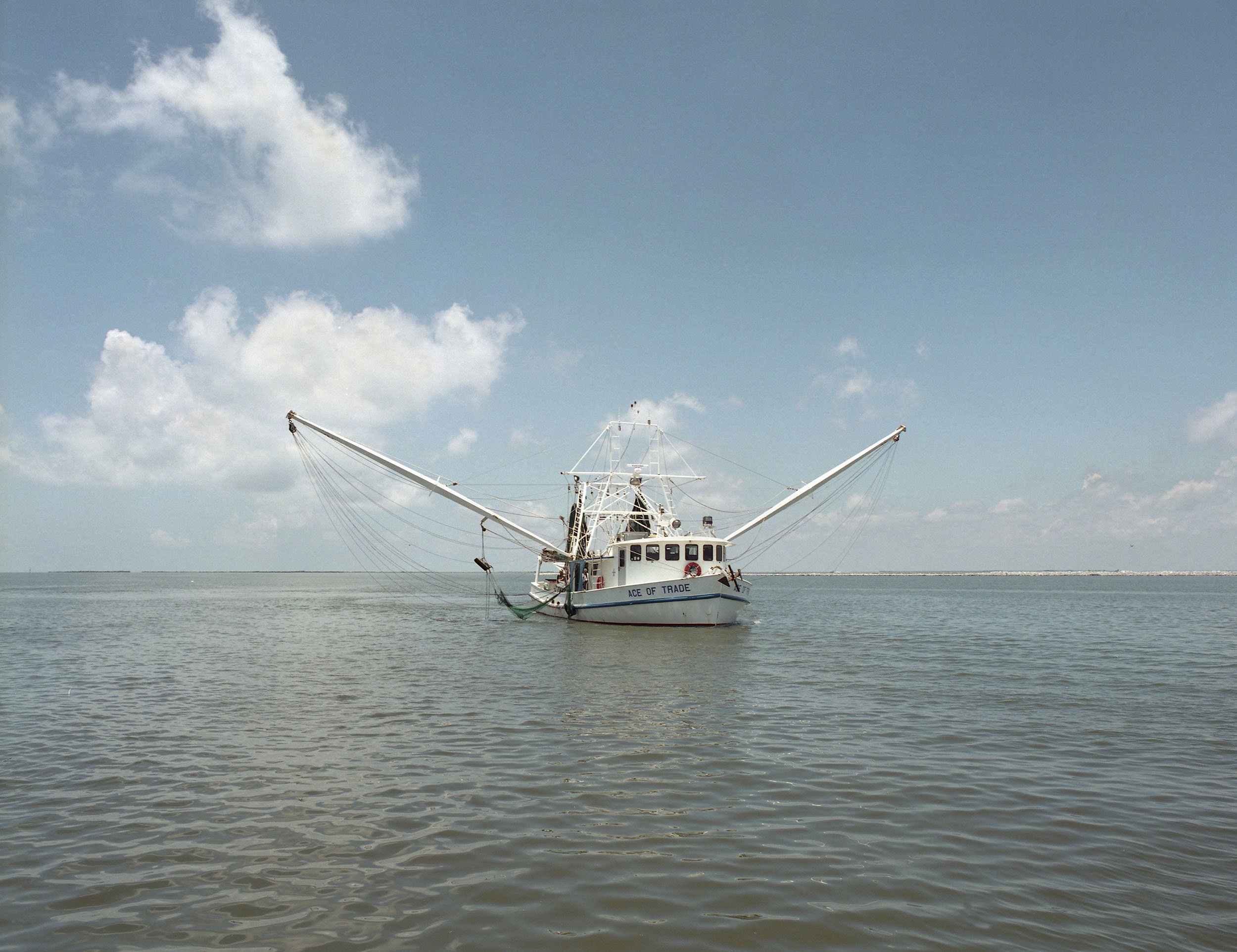


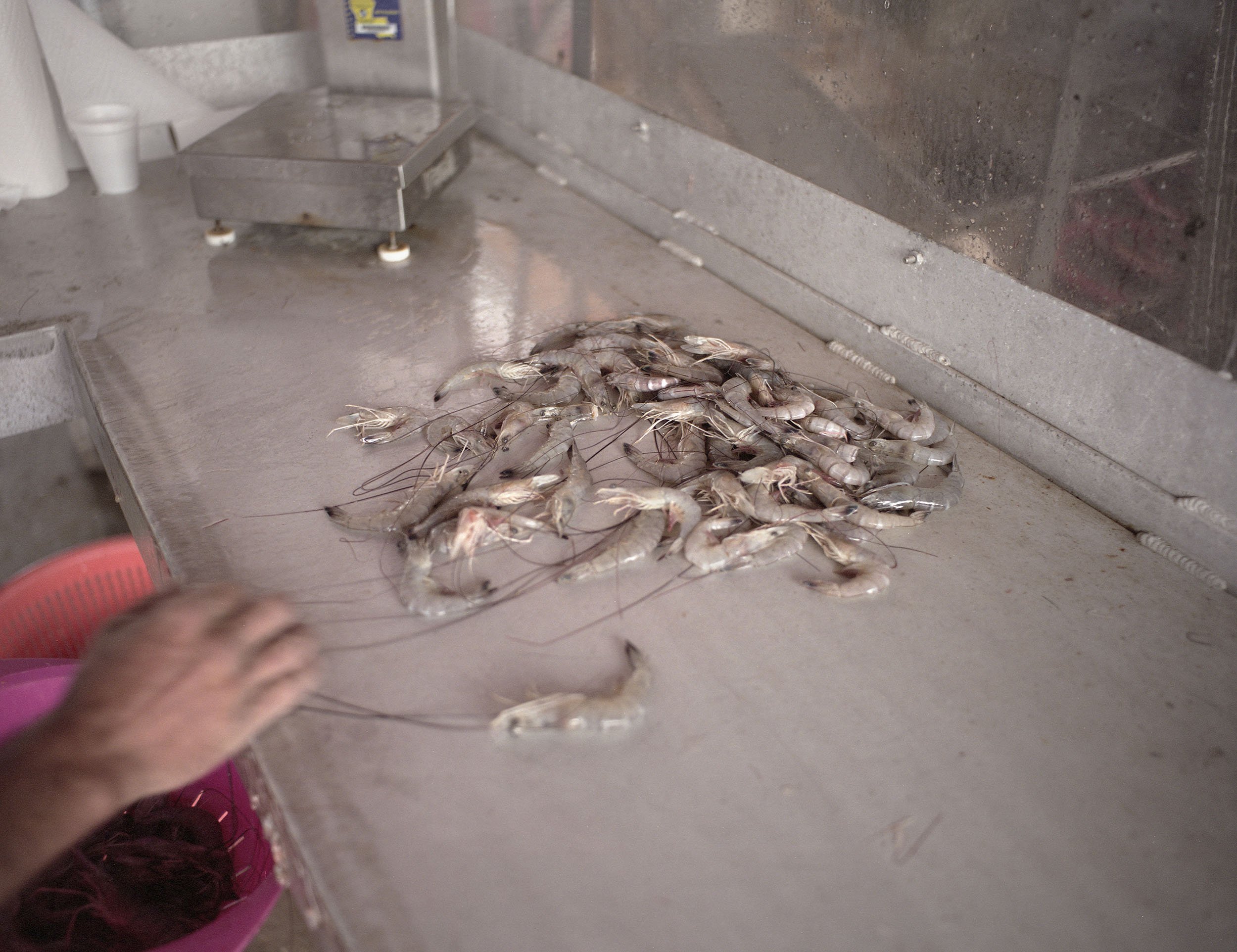


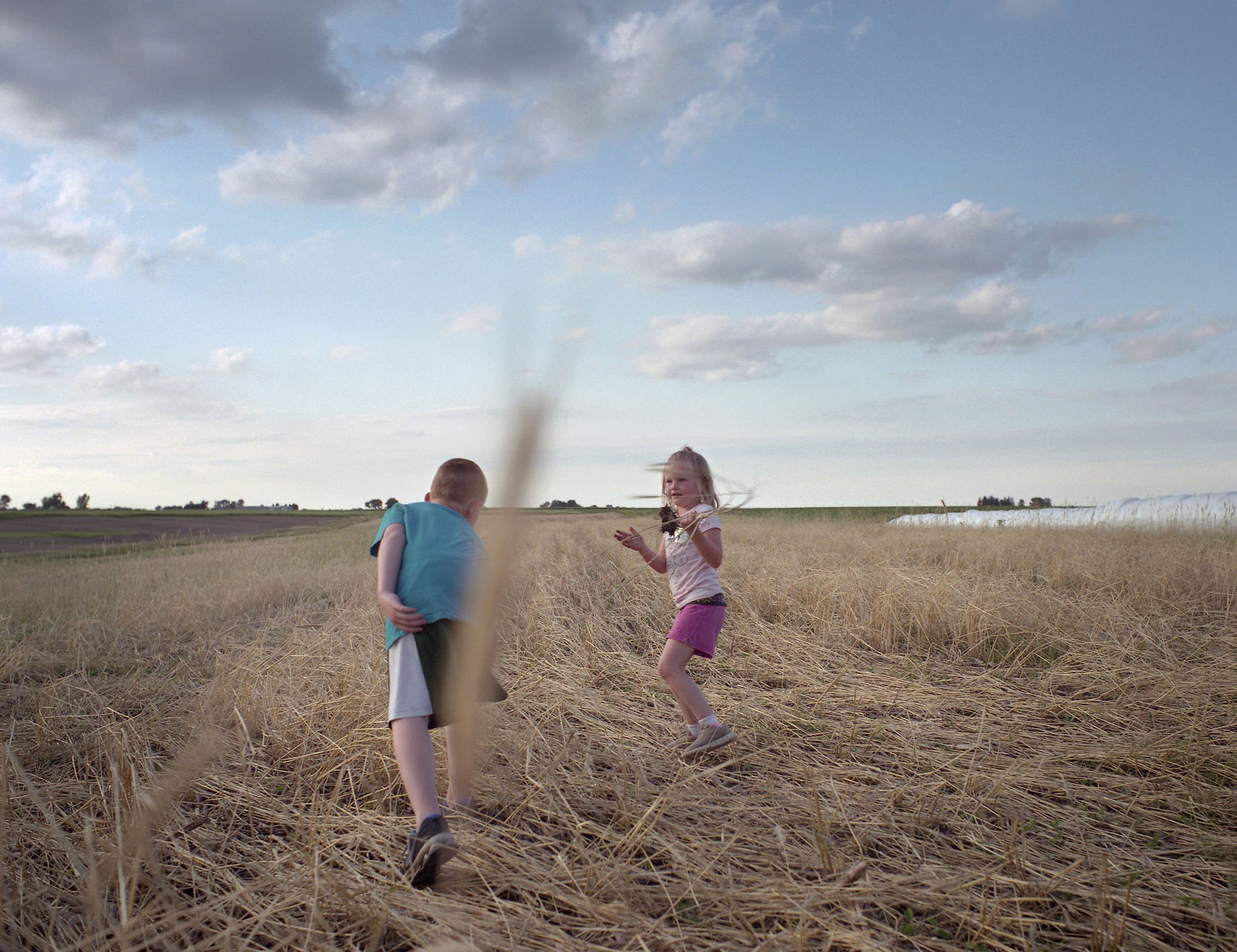



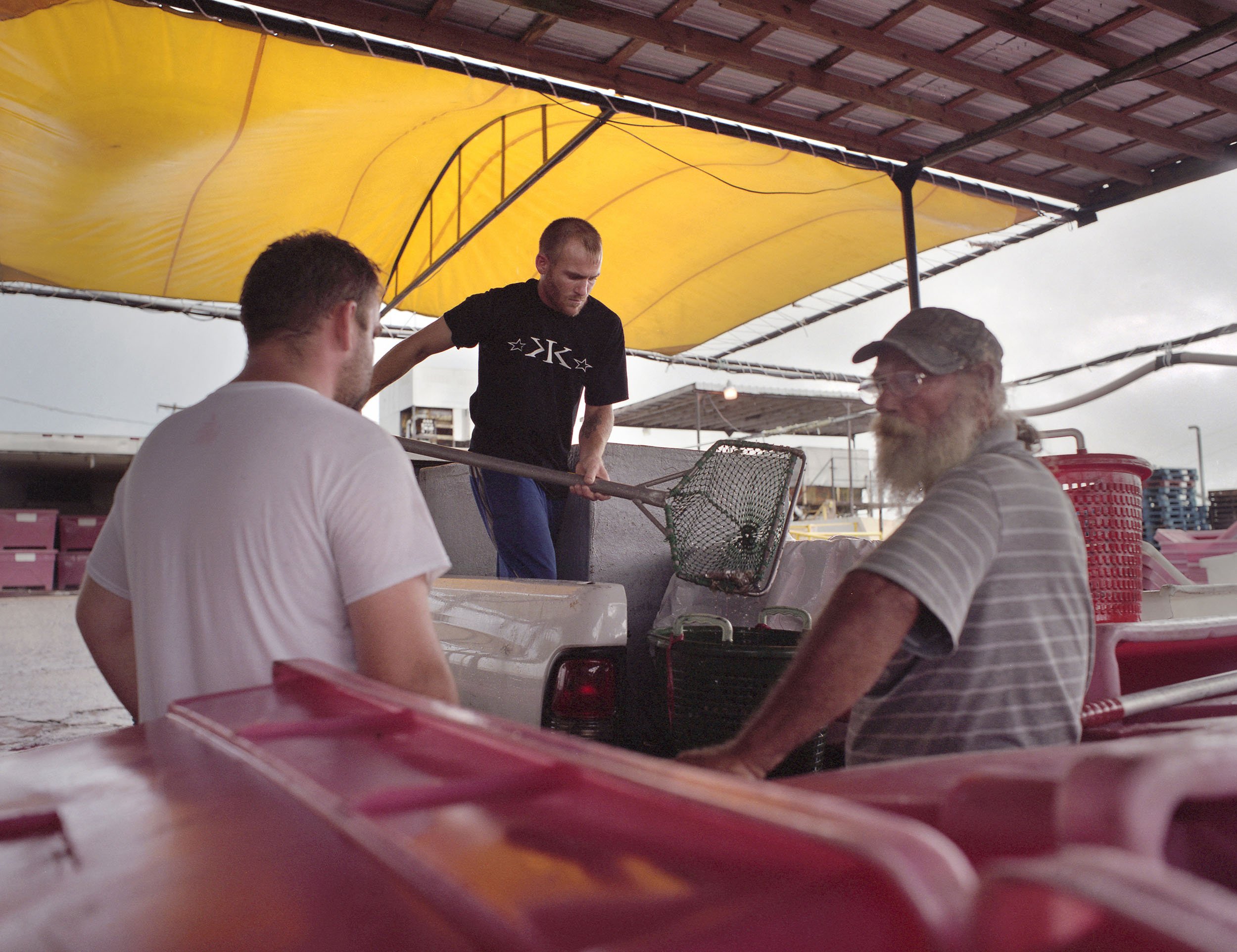





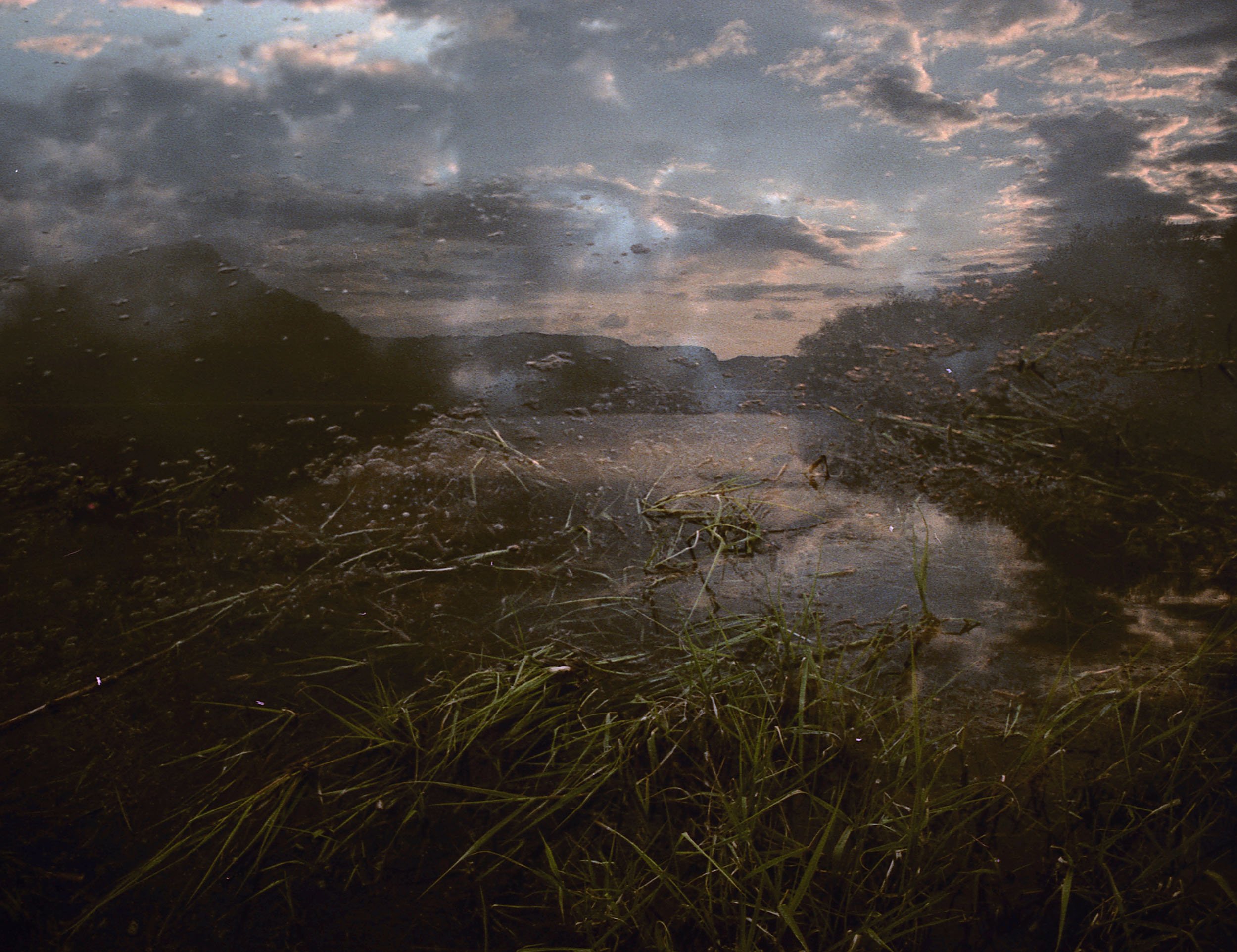


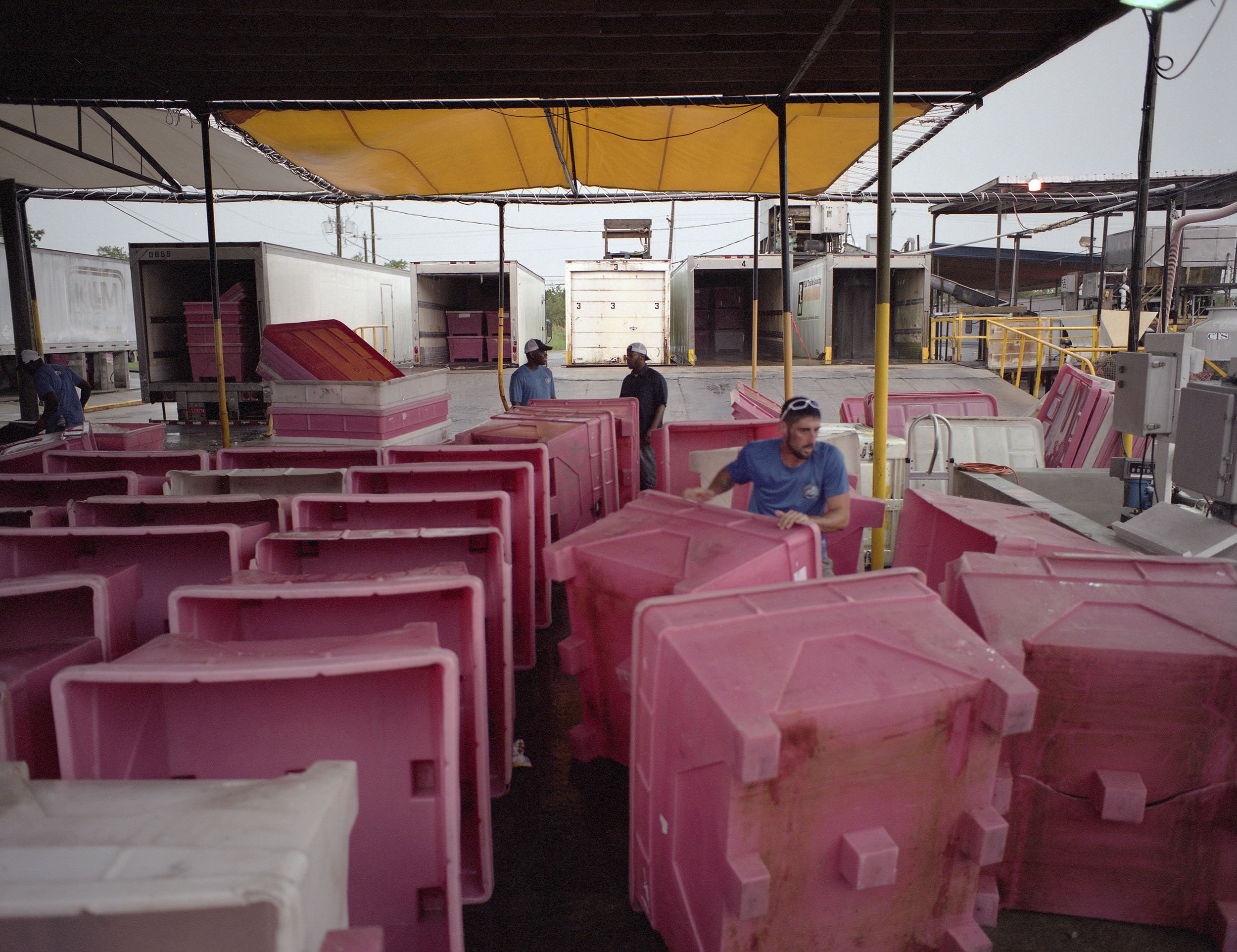
TRANS PECOS
The Trans-Pecos Pipeline is a 600-mile gas transportation line planned to transport natural gas from Fort Stockton, Texas, to Topolobampo, Mexico. Commissioned by high profile American and Mexican politicians.
Most of the pipeline route traverses private land, and falls inside the Chihuahua Desert, one of the three most bio-diverse desert regions on Earth, home to the Big Bend State Park.
Opposing locals in Texas resent the imposition of industry into one of the few untouched areas of the state, and worry that it could open doors for expansion, pollution, and development. They fear falling property prices, trespassing surveyors, and the seizure of huge areas of private ranch land by bureaucratic force.
Published with: Bloomberg Businessweek, The Adventure Handbook. Supported by: The Society of Environmental Journalists.
